

Getting Sick in Italy: What You Need to Know About Italian Pharmacies & Medicines
Achoo! || creative commons photo by William Brawley
Getting sick on vacation is one of the last things any traveler wants to deal with, and yet it’s not uncommon. Between the bizarre air on board your flight to all the surfaces you’re touching in a train station to the lack of recuperative sleep you’re getting – it all contributes to running your immune system down, which makes it much easier to catch a cold or throw your digestive system off.
This isn’t going to be an article about what to do if you break your leg in Italy (except that I’ll say it’s best if you don’t do that!) – this is about taking care of the little ailments many travelers get that, were you at home, you wouldn’t bother seeing a doctor to diagnose or treat. This is the stuff that, at home, you’d deal with by going to your local grocery store or drugstore to pick up a few things anonymously.
Which, for the most part, is not how things are done in Italy.
The good news is that your first stop for most ailments of this nature is still going to be the pharmacy. The unexpected twist is that the pharmacist you deal with is going to seem a lot more like a doctor than someone simply working a cash register at Walgreens.
Italian Pharmacies, Rock Star Pharmacists, & Remedies for Common Ailments
Farmacia || creative commons photo by Elliott Brown
As mentioned, your first stop if you have a cold or an upset stomach or the like is going to be the pharmacy, or farmacia in Italian (pronounced far|mah|CHEE|ah). There aren’t chain pharmacies in Italy, but every one is instantly recognizable by the green plus-sign that is their universal symbol. Those green crosses are usually lit up, only sometimes also say “farmacia” on them ( like this one ), and often have useful information displayed like the temperature or the time . (My pal Kate also added in a comment that the places with the red crosses outside are called “parafarmacie” – and they only sell homeopathic stuff.)
Because they’re all independent, there will be lots of variables. The constant is that, most likely, you’ll need to wait in line and talk to the pharmacist to get whatever you need for treatment – even if it’s technically “over the counter.” Even things like ibuprofen aren’t on open shelves, although you won’t need a prescription to get them.
If you speak enough Italian to know precisely what you’re looking for, that’s fine – but Italian pharmacists are also likely to ask a bunch of questions before they just hand you a box of pills. They’re not being nosey, they’re trying to figure out which remedy best suits your particular problem. A stuffy nose might be allergies and it might be a head-cold, the treatments are different, and Italian pharmacists are kind of rock stars at determining precisely what you need.
In other words, be prepared to talk to the pharmacist as if he or she were your doctor, describing symptoms rather than simply asking for medicine. Not all pharmacists speak English, however, so some pantomiming may come in handy. And yes, this might get a little embarrassing if you’re suffering from, say, a urinary tract infection. In situations like that, you might feel more comfortable bringing along an Italian speaker or getting a translation of precisely what you’re dealing with so you don’t have to resort to charades.
It’s also important to note here that even if you do end up with something you recognize (albeit with a different brand name), the dosage in each pill or inhaler shot or whatever may be different than the equivalent you have in your medicine cabinet at home. Pay attention to dosing instructions, and if you don’t understand them – ask .
Below, to get you started, here are a few Italian equivalents of over-the-counter (OTC) medicines you may know for common ailments – but don’t be afraid to chat with a pharmacist to see if they’d recommend something not listed.
Aches & Pains
Painkillers containing ibuprofen (like Advil) are Moment, Nurofen, and Brufen. Those with acetaminophen (like Tylenol, also known as paracetamol) are Tachipirina (pronounced tah|kee|pee|REE|nah) and Efferalgan. The ones containing naproxen (like Aleve) are Naprosyn, Momendol, and Naproxene. Aspirin is “aspirina” in Italian. There are others in each category, so just confirm the ingredient when you look at the box.
Most of these come in pills, which every phrase book will tell you is the word “pillole,” but in my experience at the farmacia the word they use is “compresse.” (The difference is that “pillole” are coated while “compresse” are not.) Efferalgan is one you dissolve in water to drink, like Alka-Seltzer.
There are also several topical pain relievers – such as creams and gels – which is a form of treating pain that’s more popular in Europe than in the United States. A pharmacist may recommend the topical treatment over an oral one, depending on what hurts.
Tummy Troubles
The digestion-obsessed Italians have all kinds of remedies for stomach issues. One of the most popular antacids is on supermarket shelves – not in pharmacies – because it’s mainly sodium bicarbonate in little tablets. It’s called Brioschi (pronounced bree|OH|skee), and becomes a lemon-flavored fizzy drink when dissolved in water.
Some name remedies you’re likely familiar with at the pharmacy are Immodium and Maalox, and there’s also Citrosodina (pronounced chee|tro|so|DEE|nah), which contains sodium citrate (the same ingredient in Alka-Seltzer). The latter gets dissolved in water to drink.
Stuffy Nose
This is when the pharmacist will probably ask whether you’ve got allergies or a cold.
The antihistamine selection includes Reactine and Zyrtec (both of which contain cetirizine hydrochloride as the main ingredient), and Telfast (which has fexofenadine, like Allegra).
For a decongestant, there’s Actifed (which has pseudoephedrine). Pharmacists are often eager to get you to try the homeopathic remedies, too, so you may find a box of Oscillococcinum being pushed in your direction. I don’t know if you’re much for homeopathic remedies, but I’m not (and there’s almost no evidence to indicate that Oscillococcinum does anything at all). I politely decline and ask for the Actifed, but you’re free to try whatever you like.
Pharmacists will inevitably ask whether your cough is wet or dry. In Great Britain (and much of its former empire) a wet cough is known as “catarrh,” but I have never heard that term used in the United States, at least not directed toward me at a pharmacy or at the doctor’s office… At any rate, for a wet (mucous-producing) cough, there are medicines with dextromethorphan (which is in Robitussin) called Bisolvon, Recotuss, and Bronchenolo.
Other options include FLUifort (with carbocisteine, a mucolytic) and Libexin Mucolitico (with both carbocisteine and prenoxidiazine hibenzate, a cough supressant). Most cough remedies are in syrup form.
For sore throats, look for lozenges called Benegol or an analgesic spray called Tantum Verde (contains benzydamine and also comes in lozenge form).
The first time I had to go into a pharmacy in Italy with an ailment, it was in the Cinque Terre . I had arrived after spending a week in France, where I’d been eaten alive by mosquitos every night. Luckily for me, I knew the Italian word for “mosquitos” – it’s long been a favorite, just for the way it sounds, not (obviously) for what it represents – so I was able to walk in and say, “The mosquitos are eating me!” The pharmacist chuckled in solidarity and asked whether I needed something for before or after. I left with both a mosquito repellant to prevent future attacks and a soothing cream to deal with the nasty bites I already had. Both worked like a charm.
While I don’t remember what I got back then, if you’ve got itchy bites now you can look for Locoidon, a hydrocortisone cream. The Autan brand has both insect repellants and “after-bite” care, and those are available in supermarkets. You can also sometimes find OFF insect repellant, which is a brand you probably know. Many markets also sell plug-in insect repellants, which can be useful.
Finding a Doctor
Pills || creative commons photo by Victor
When you’ve exhausted your options at the pharmacy and you really need a doctor, there are medical professionals in every big city that speak English. Staying in a hotel or in an apartment means you have someone to ask for a recommendation – either a concierge or an attentive apartment owner – so that’s always a good place to start.
Romeing lists several options for finding English-speaking doctors in Rome . The US Embassy has information about the Italian health system , as well as links to English-speaking doctors in cities where there’s an embassy or consular presence.
If you want to dig into medical terminology with more gusto than your phrase book might allow, then by all means peruse this long list of English-to-Italian medical words !
18 responses to “Getting Sick in Italy: What You Need to Know About Italian Pharmacies & Medicines”
Also worth adding that the red crosses you’ll see outside what appear to be pharmacies indicate that in fact it’s a parafarmacia, which only dispenses homeopathic remedies. Some of you’re after vitamins, then fine, but if you need medicine then go for the green-crossed farmacie instead ????
Oh, such a good additional bit of info, Kate! I’ll update the article. 🙂
Thanks for the good info, Jessica. I lead Americans around on tours of Italy and always recommend them to bring common OTC meds from home – just in case. However I have usually have someone who has to visit the farmicia so I plan to keep your post handy for a good reference resource!
Thanks for the comment, Patrizia! I bring a small supply of OTC stuff from home, too, if for no other reason than it’s often so much more expensive in Italy… But it’s always handy to know how to re-supply if you run out. I’m glad you found the article useful!
Very handy as i accidently forgot the box of allergy medicine i just bought on the way to the airport. Of course i am in desperate need of relief from my allergies as soon as we arrived in Venice. Our hotel is right next to pharmacie and now i feel i can get what i need with the brand names.
Well, I’m sorry you’re suffering, but I’m glad you’re now armed with the information you need to get help! Best of luck at the farmacia, & I hope the rest of your trip is allergy-free. 🙂
I’m in need of test strips for my sons insulin meter. Name in the states is “Truetest blood glucose test strips ” Do you carry them and if so how much are they in Euros and usd?
I’m sorry, Dei, this isn’t an online pharmacy – it’s an Italy travel guide.
I have to take sudafed/pseudoephedrine (can be offbrand), for me it’s one of the few things that holds off sinus infections. I’m nervous to travel with it, but I know that this season I won’t be able to go with out it since we will be traveling for 2 full weeks. Do you know if it would be easier to put it in my luggage vs buy it when we get to Italy?
I usually travel with some pseudoephedrine, & then if I run out I head to the Italian pharmacy. The drag about buying it in Italy is that the boxes contain far fewer pills than I’m used to getting in a box in the US, & they’re not cheap. But if you’re more comfortable buying them when you get there, then that’s fine – you don’t want to add any stress to your life!
Most interesting reading. I visited a pharmacy as my legs were swollen terribly From my long trip from New Zealand to Rome. I was given a remedy which I now know was Some sort of homeopathic pill that did absolutely no good, was urine of deer or something. Good For a laugh on my return visit to the doctor in NZ xx
Ha! Those homeopathic remedies are often, I think, more about the placebo effect than anything else. 😉
Very useful article. My son is in Milan for quite a while and needs another supply of the strong antihistamine (has to get a prescription from doctors in the UK). Will he be able to get these over the counter in Milan, without a prescription?
I don’t know whether he’ll need a prescription, but he should check with a pharmacist in Milan directly.
This was a helpful read. As a traveling pharmacist, it’s nice to know before you show up and look ridiculous. One point of clarification— your pharmacist in the states can do all the things you listed above! They are medication experts and will know when to refer you to a doctor or emergency room if you need medical attention or a prescription for something not available over the counter. If not, they’d be happy to make a recommendation for you!
That’s good to know! I’ve never needed to get that kind of help from a pharmacist in the US, since I have my doctor here. 🙂
Just visited Italy in April. Visited a farmacia in a small northern town. Montebelluna. They spoke english. I asked for tea tree oil for a developing cold sore. They had it. It worked great. As an RN I respect their knowledge and expertise.☺
Wonderful! Yeah, I’ve always been so pleased to get help from a pharmacist in Italy (in France and Ireland, too, I had the same kind of knowledgeable service).
Leave a Reply Cancel reply
Your email address will not be published. Required fields are marked *
This site uses Akismet to reduce spam. Learn how your comment data is processed .
Get our Newsletter
Sites i love.
- At Home in Tuscany
- Bleeding Espresso
- Ciao Amalfi
- Cook in Venice
- Dream of Italy
- Driving Like a Maniac
- Italy Beyond the Obvious
- Jessica's Personal Site
- Ms. Adventures in Italy
- My Bella Basilicata
- My Bella Vita
- Napoli Unplugged
- Revealed Rome
- Sacred Destinations in Italy
- The Bittersweet Life Podcast

Get Daily Travel Tips & Deals!
By proceeding, you agree to our Privacy Policy and Terms of Use .
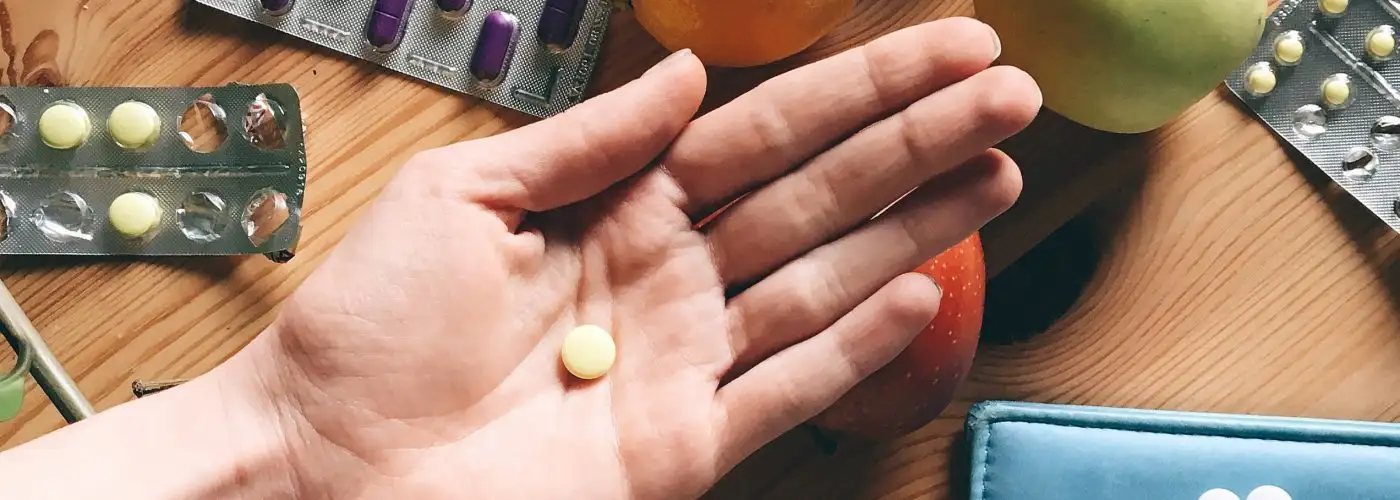
9 Over-the-Counter Medicines You Should Pack for Every Trip
Ashley Rossi
Ashley Rossi is always ready for her next trip. Follow her on Twitter and Instagram for travel tips, destination ideas, and off the beaten path spots.
After interning at SmarterTravel, Ashley joined the team full time in 2015. She's lived on three continents, but still never knows where her next adventure will take her. She's always searching for upcoming destination hotspots, secluded retreats, and hidden gems to share with the world.
Ashley's stories have been featured online on USA Today, Business Insider, TripAdvisor, Huffington Post, Jetsetter, and Yahoo! Travel, as well as other publications.
The Handy Item I Always Pack : "A reusable filtered water bottle—it saves you money, keeps you hydrated, and eliminates waste—win-win."
Ultimate Bucket List Experience : "A week in a bamboo beach hut on India's Andaman Islands."
Travel Motto : "Travel light, often, and in good company."
Aisle, Window, or Middle Seat : "Window—best view in the house."
Travel Smarter! Sign up for our free newsletter.
Whether due to bad luck or unhealthy habits, I’ve gotten sick on the past few trips I’ve been on, which inspired me to find some travel medications to take with me in the future.
In preparing for a longer international trip, I visited a travel clinic and did some research on the CDC’s website. I was happy to find this checklist for a healthy trip and have included some over-the-counter medicine recommendations below.
It’s worth noting that you may also need some prescription medications (and/or vaccines) for things like malaria and altitude sickness , so if you’re traveling for an extended period of time, participating in a physically active trip, or headed to a remote country, make sure to visit a travel clinic .
Note that I didn’t include any first-aid items on this list because there’s an entirely different packing list for that: Download here .
Over-the-Counter Diarrhea Medicine: Imodium or Pepto-Bismol
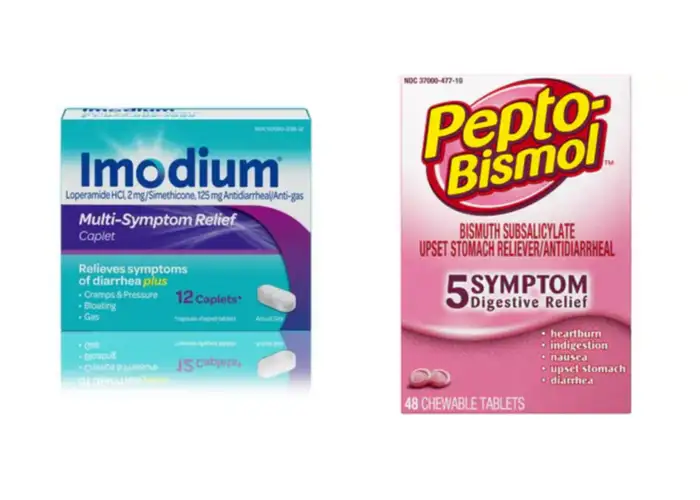
Ah, the most common and arguably most uncomfortable sickness to get when you travel. Though it’s most often caused by contaminated food or water, traveler’s diarrhea can happen anywhere—so it’s a good idea to bring an anti-diarrheal medication no matter the destination or type of trip.
Buy: Imodium or Pepto-Bismol

Over–the-Counter Antacid: TUMS or Pepcid

The last thing anyone wants to do on vacation is walk around with a stomachache or heartburn, especially with all the new food and drink you might want to try. Carry antacids on your trip and you can overindulge all you want.
Buy: TUMS or Pepcid
Over-the-Counter Antihistamine: Claritin or Zyrtec
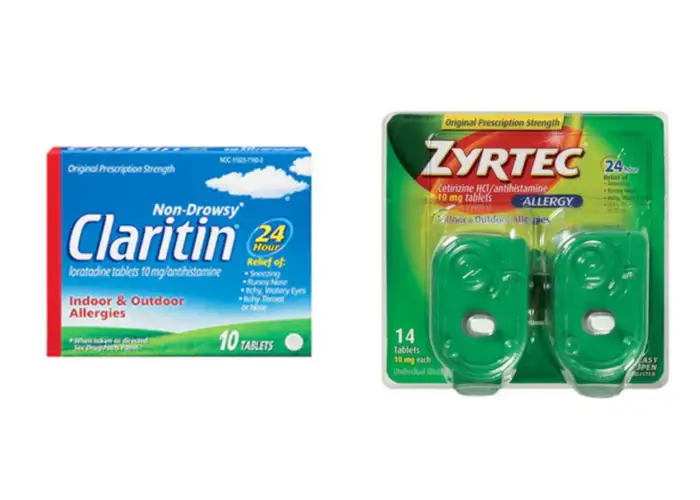
You can never be sure when allergies are going to creep up on you while traveling, especially if you’re headed to another climate. Combat its symptoms, including a stuffy nose, itchy eyes, and sneezing, by packing this travel medication.
Buy: Claritin or Zyrtec
Over-the-Counter Motion Sickness Medicine: Bonine or Dramamine
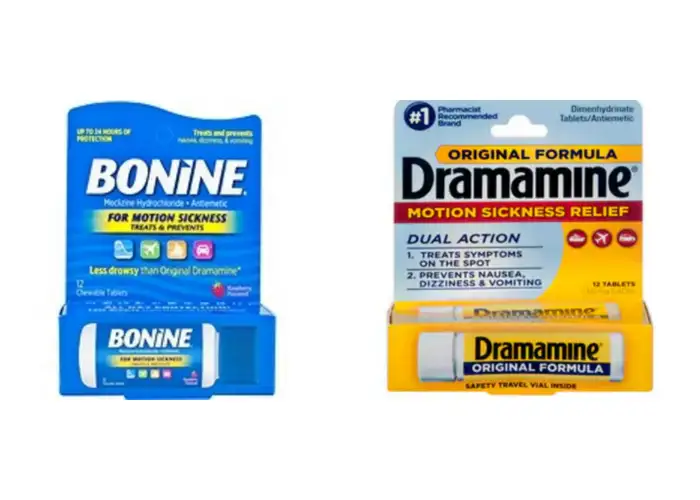
Nothing can ruin your travels quite like motion sickness on a plane, train, bus, or cruise ship. Instead of confining yourself to a trip of nausea and dizziness, bring medicine to travel like a champ. Benadryl, an antihistamine, can also work for motion sickness, but watch out for drowsiness.
Buy: Bonine or Dramamine
Over-the-Counter Cough Drops or Suppressant: Ricola or Halls
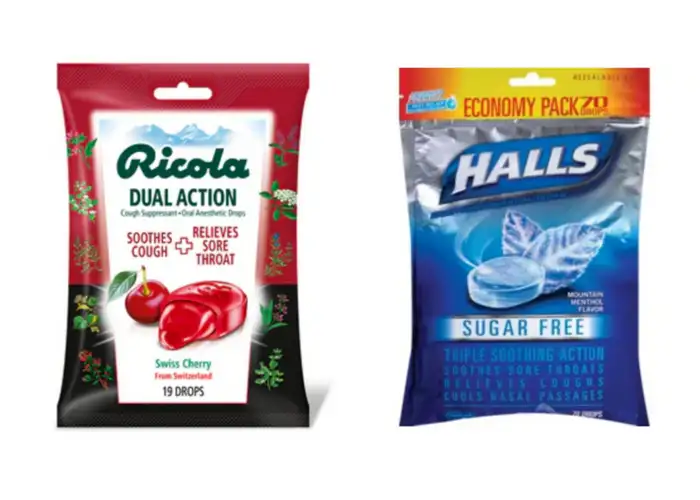
You’re at an increased risk for getting sick while traveling as your germ exposure skyrockets. Cough drops can bring temporary relief to a sore or ticklish throat and silence your coughs so you don’t annoy fellow travelers.
Buy: Ricola or Halls
Over–the-Counter Decongestant: Sinex or Sudafed
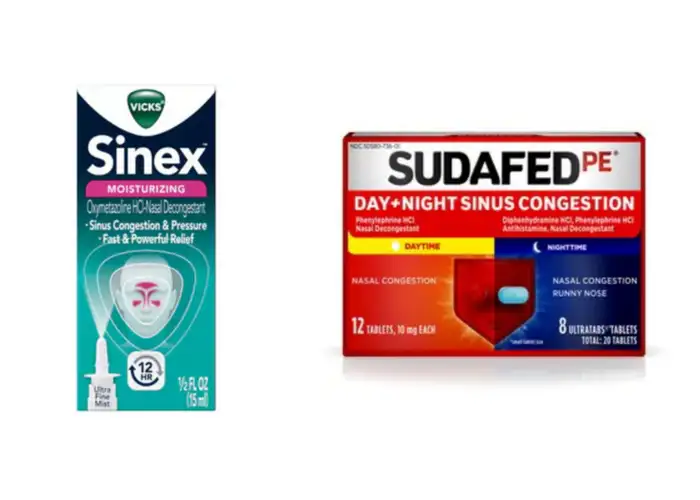
Nobody likes traveling while congested. Whether it’s a cold or allergies, these over-the-counter medicines can relieve congestion and clear your head. Just make sure you pick a non-drowsy kind if you’re taking this during the day.
Buy: Sinex or Sudafed
Over–the-Counter Pain and Fever Medicine: Tylenol or Advil
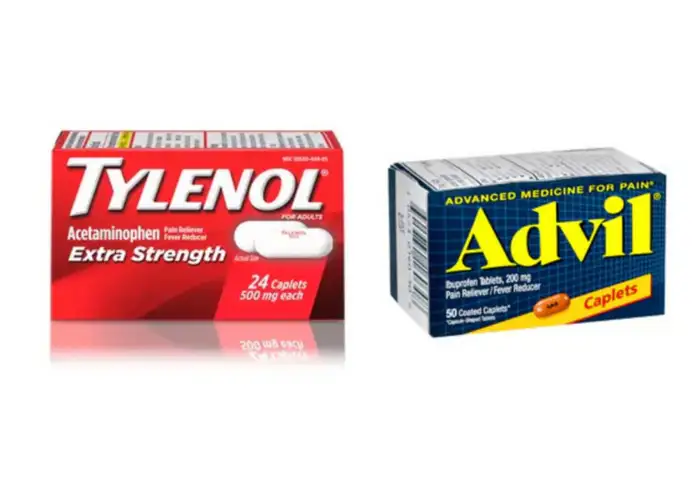
Instead of lying in bed all day, take pain and fever medicine so you can focus on being a tourist. These over-the-counter medicines can help with common travel ailments such as achy feet or jet lag-induced headaches.
Buy: Tylenol or Advil
Over-the-Counter Mild Laxative: MiraLAX or Dulcolax
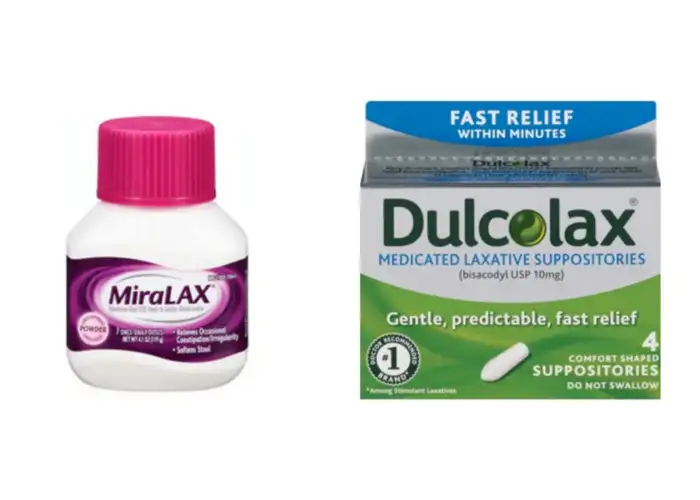
All I’ll say is that you won’t regret packing these.
Buy: MiraLAX or Dulcolax
Over-the-Counter Mild Sedative or Sleep Aid: ZzzQuil or Tylenol PM
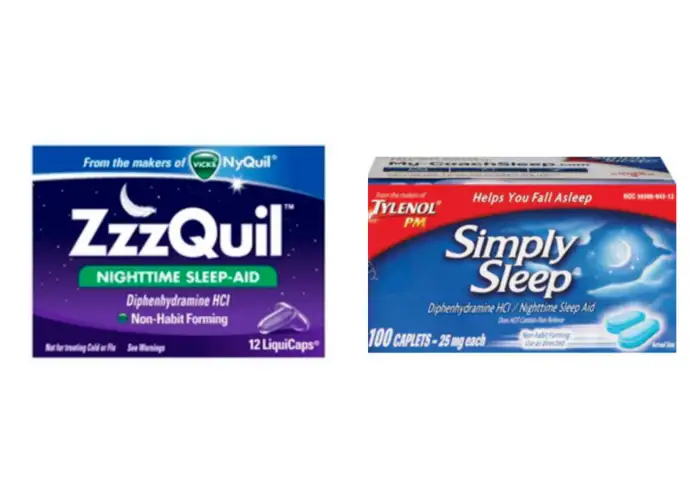
Maybe you’re staying in a noisy place or you’re so jet-lagged you can’t sleep. Either way, these sleep aids will make sure you’re refreshed and ready for a day of travel.
Buy: ZzzQuil or Tylenol PM
Pin the Over-the-Counter Medical Travel List:
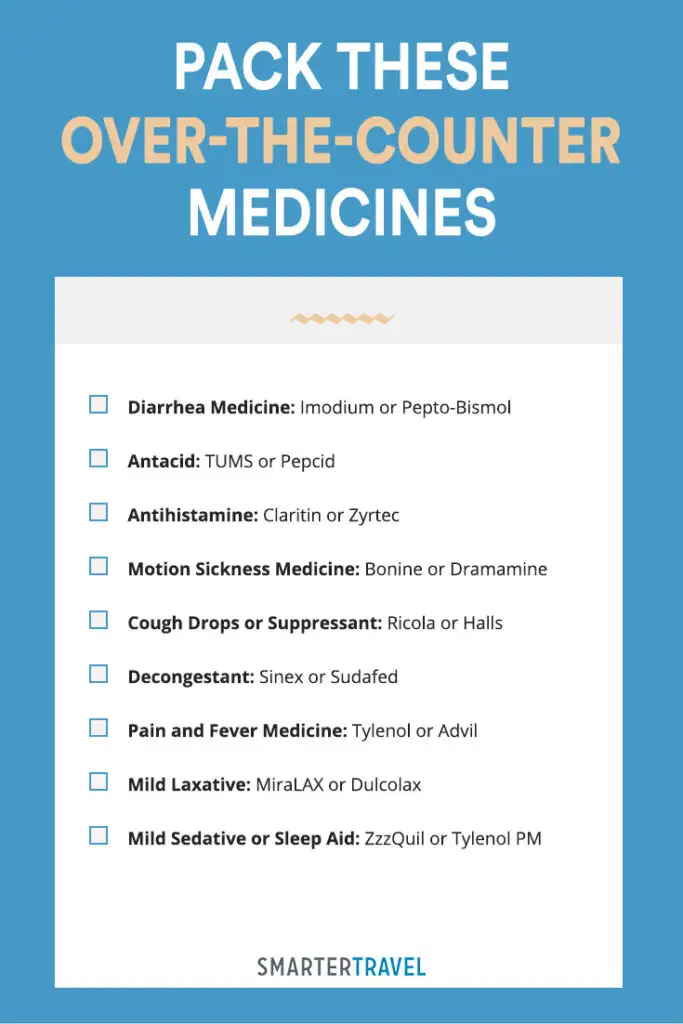
What to Pack on Your Next Trip
Women’s business casual outfit for travel with carry-on, shop the look.

Ribbed Puff Sleeve Tee

Dress Pant Yoga Pants
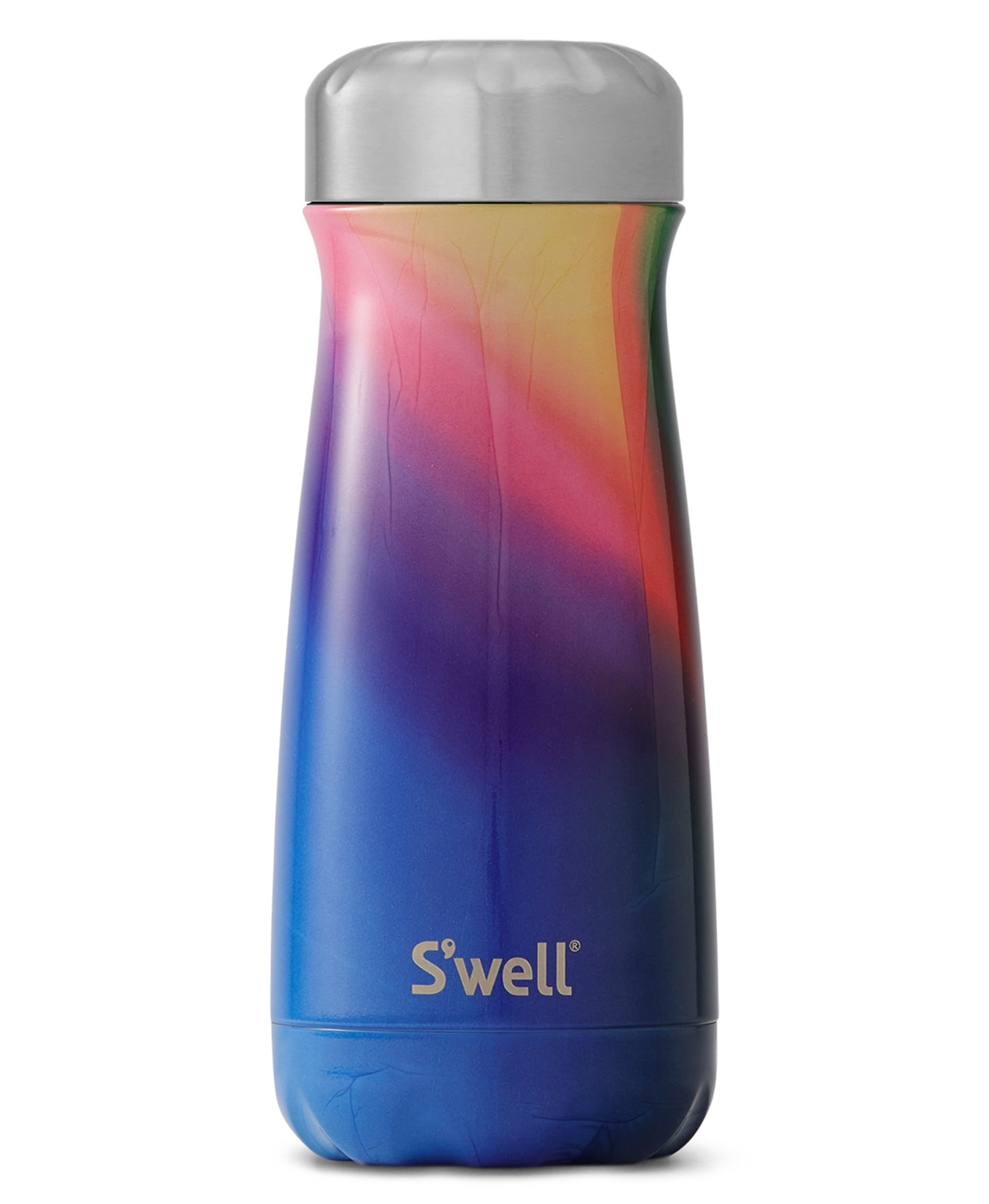
Stainless Steel Water Bottle
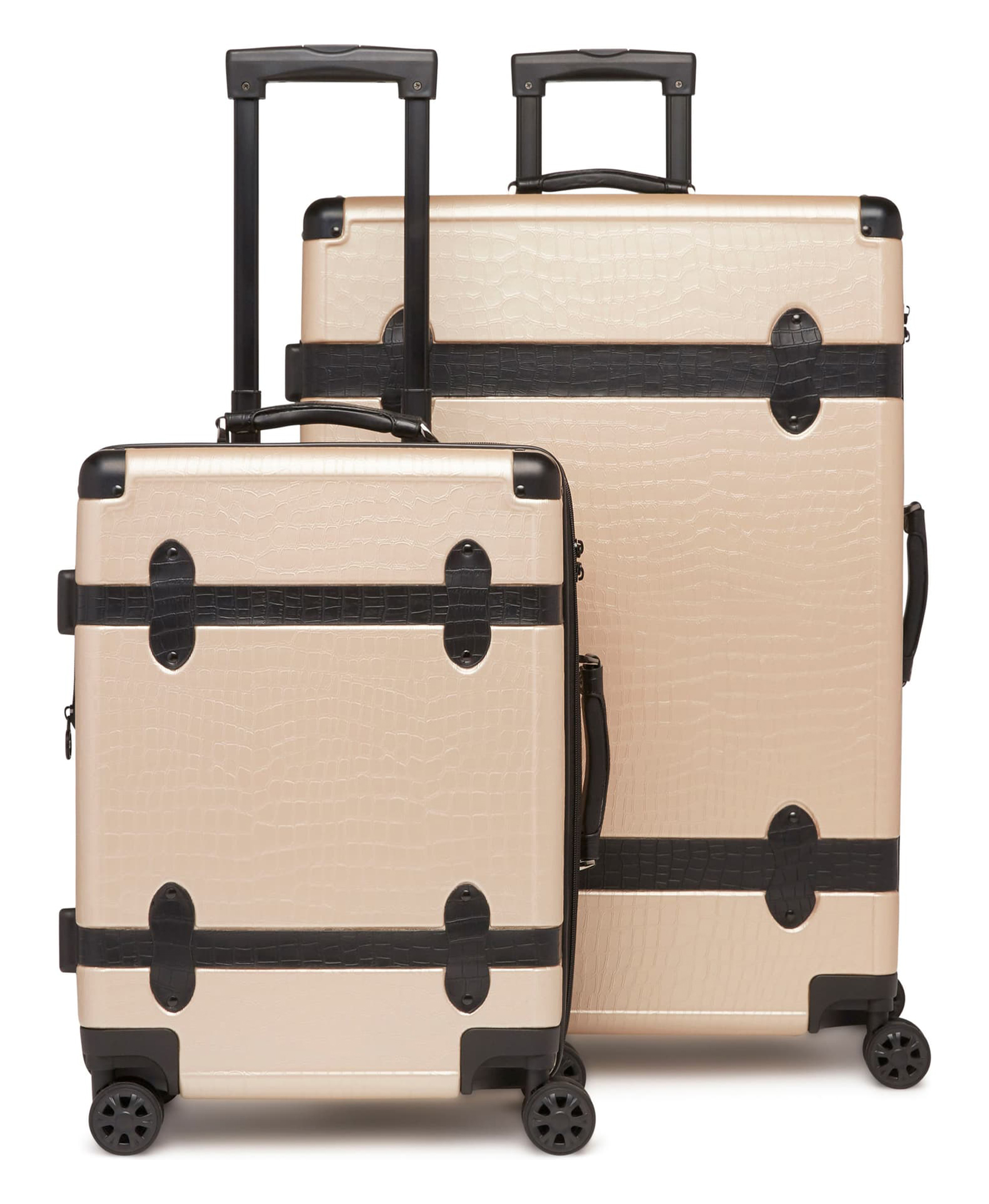
20-Inch & 28-Inch Trunk Rolling Luggage Set
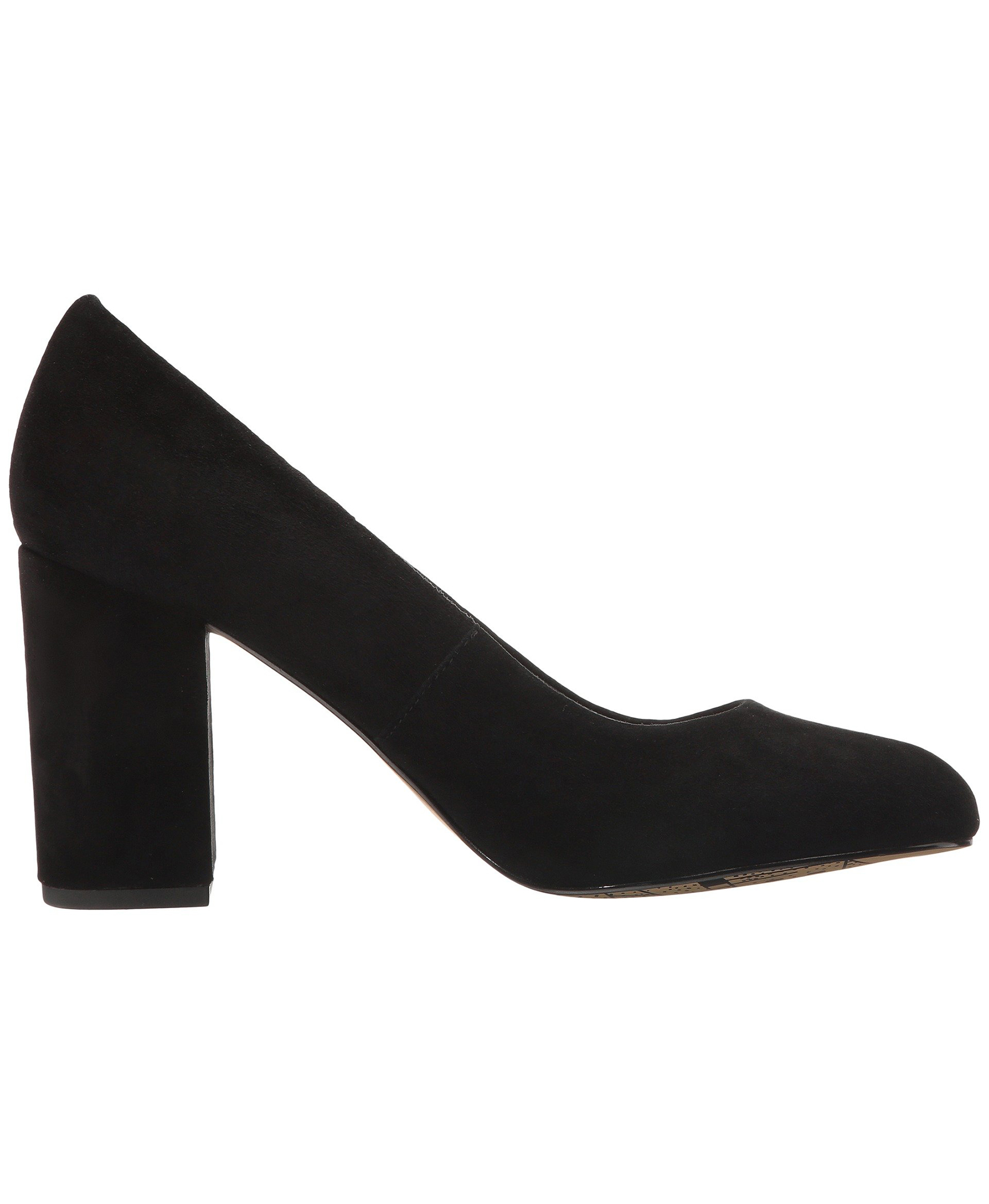
How to Pack your Carry-On
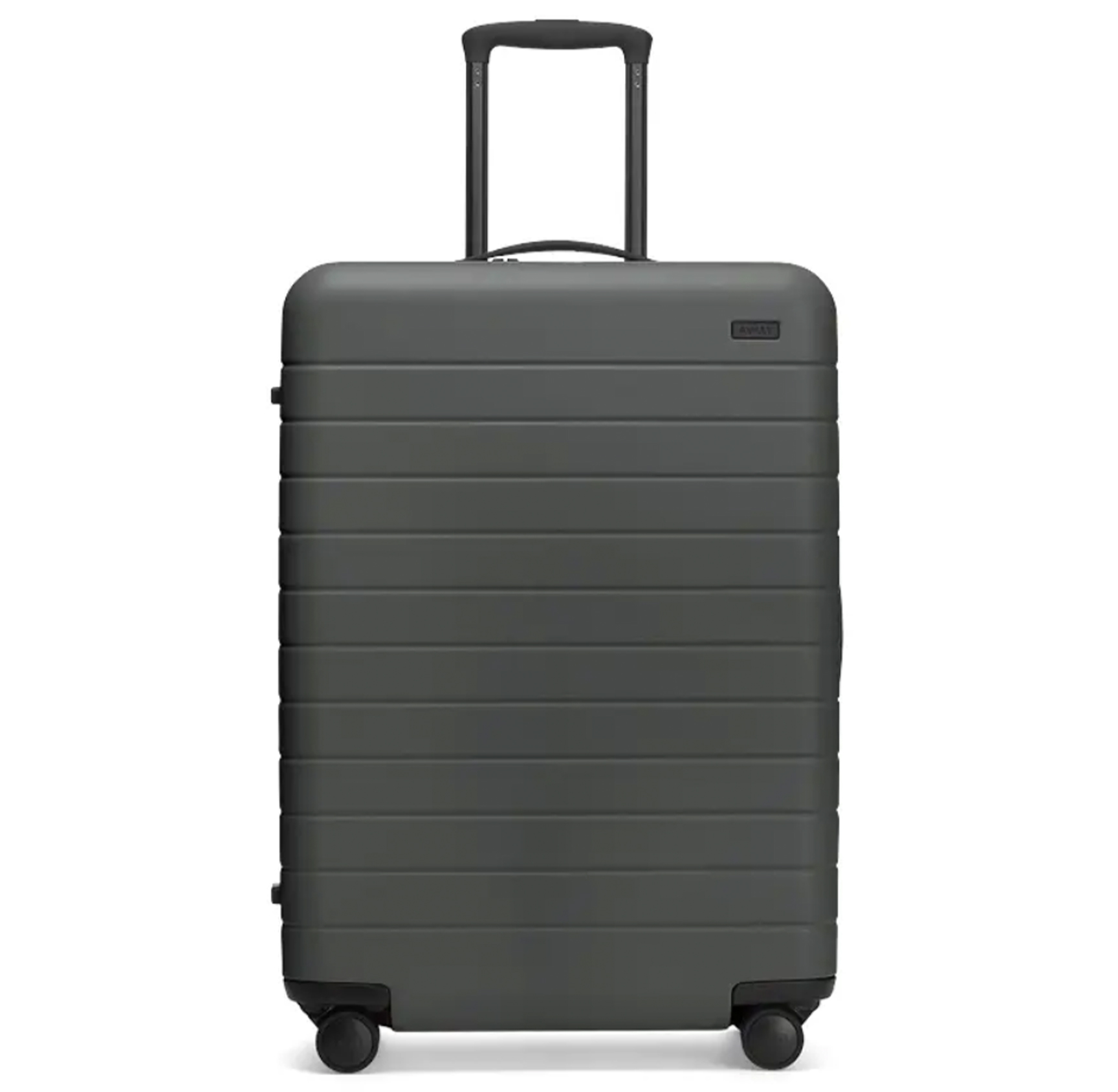
Medium Carry-On
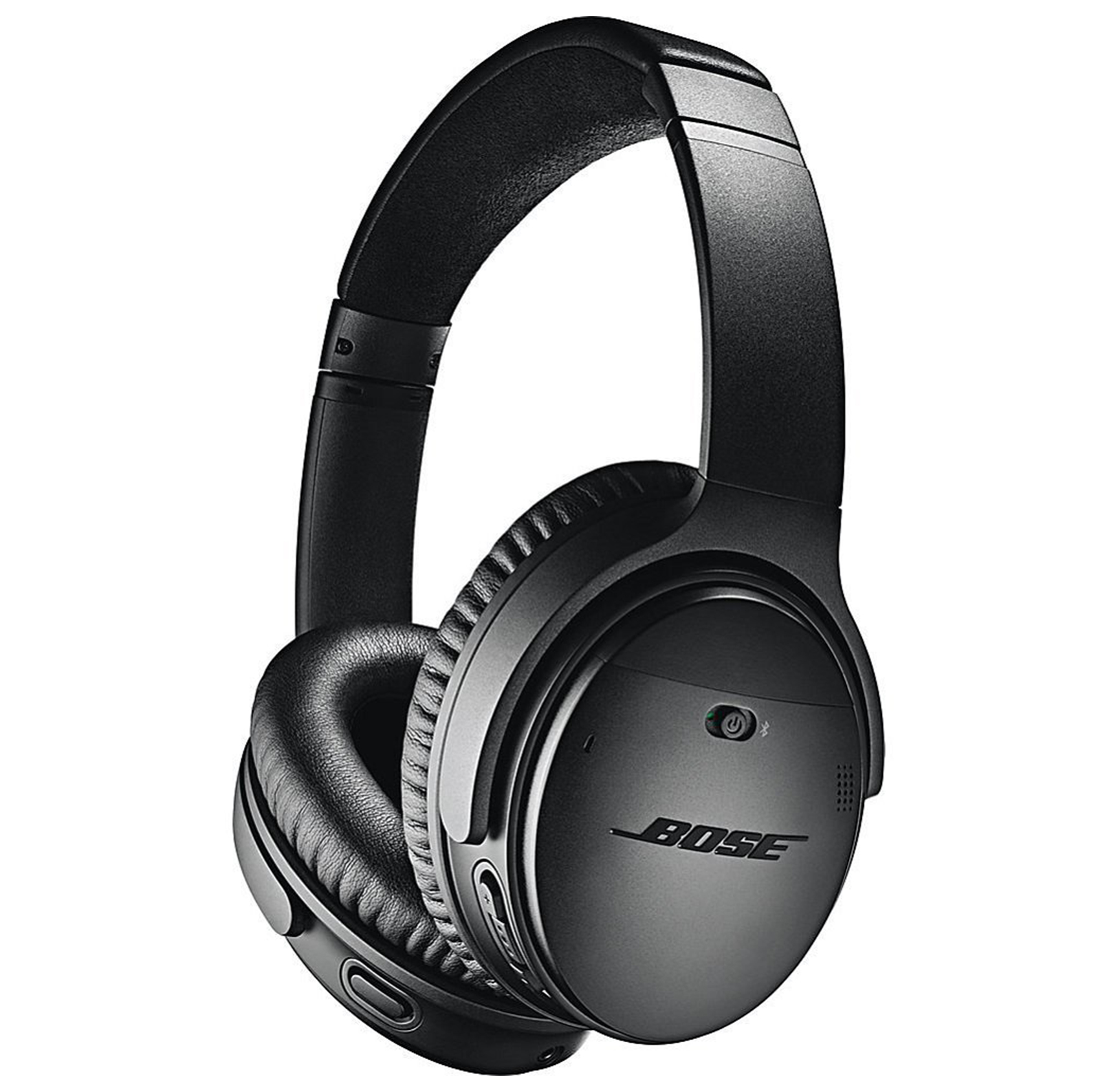
Wireless Headphones

Beneath a Scarlet Sky: A Novel
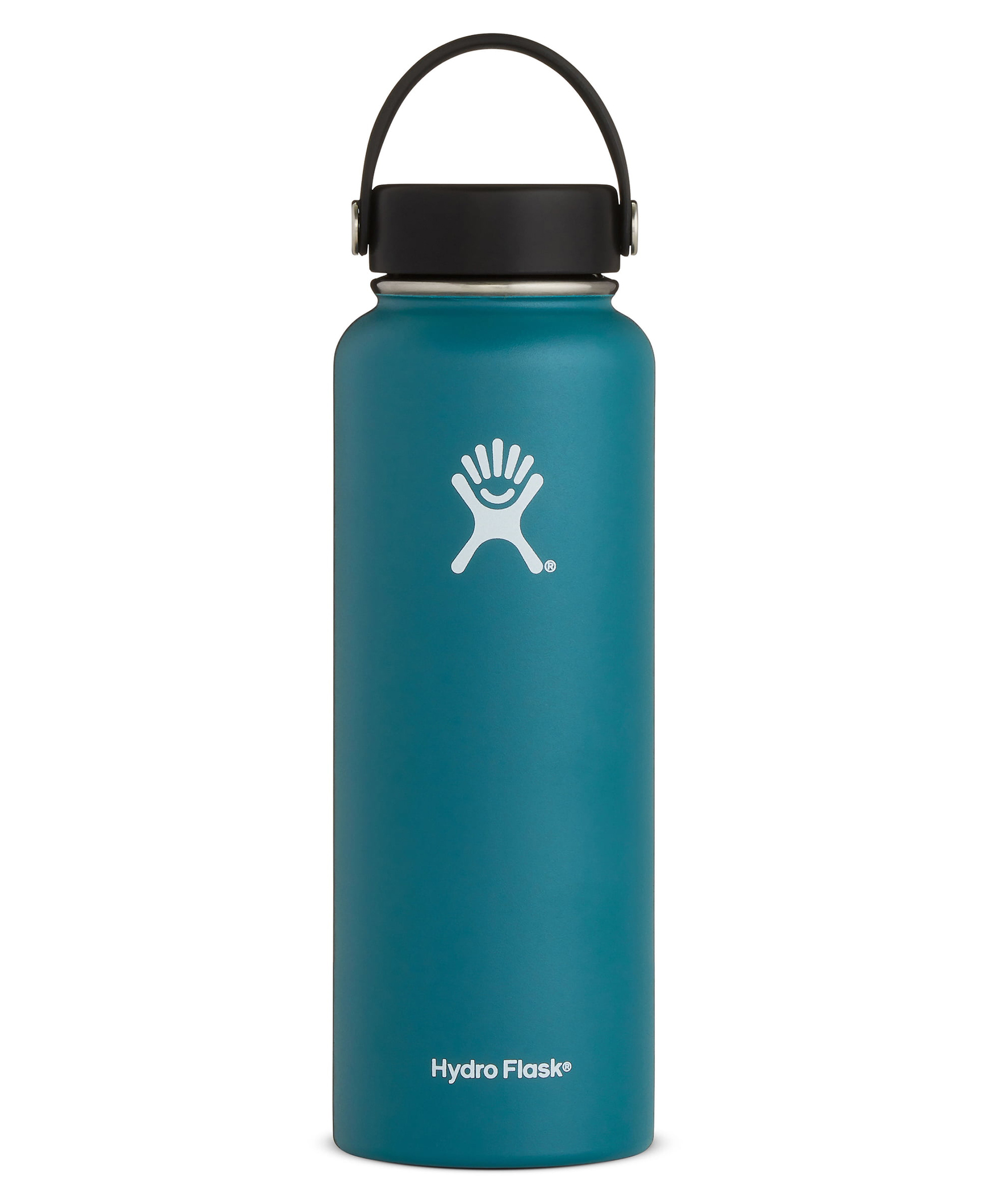
Water Bottle
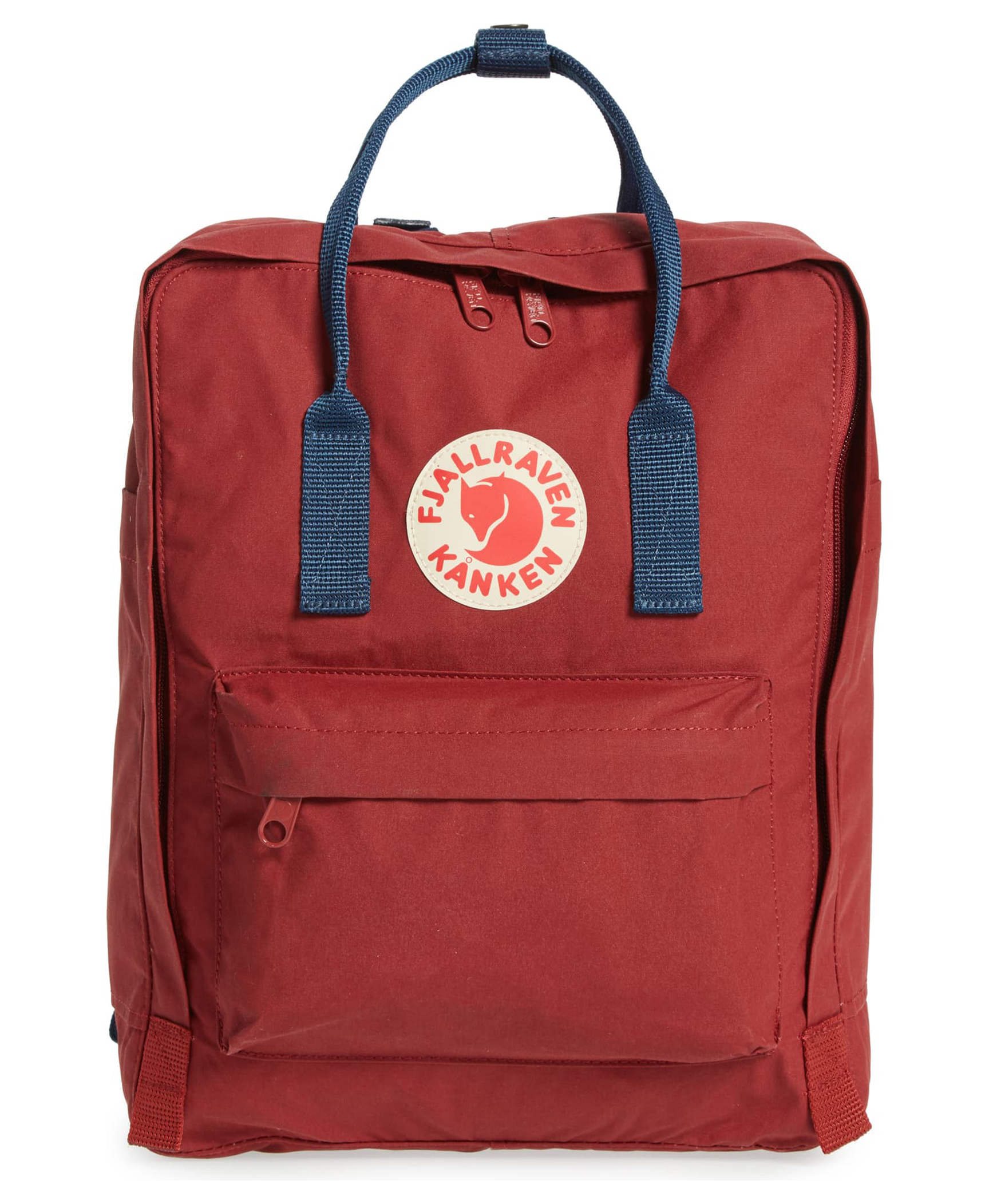
Men’s Comfortable Work Business Outfit for a Flight
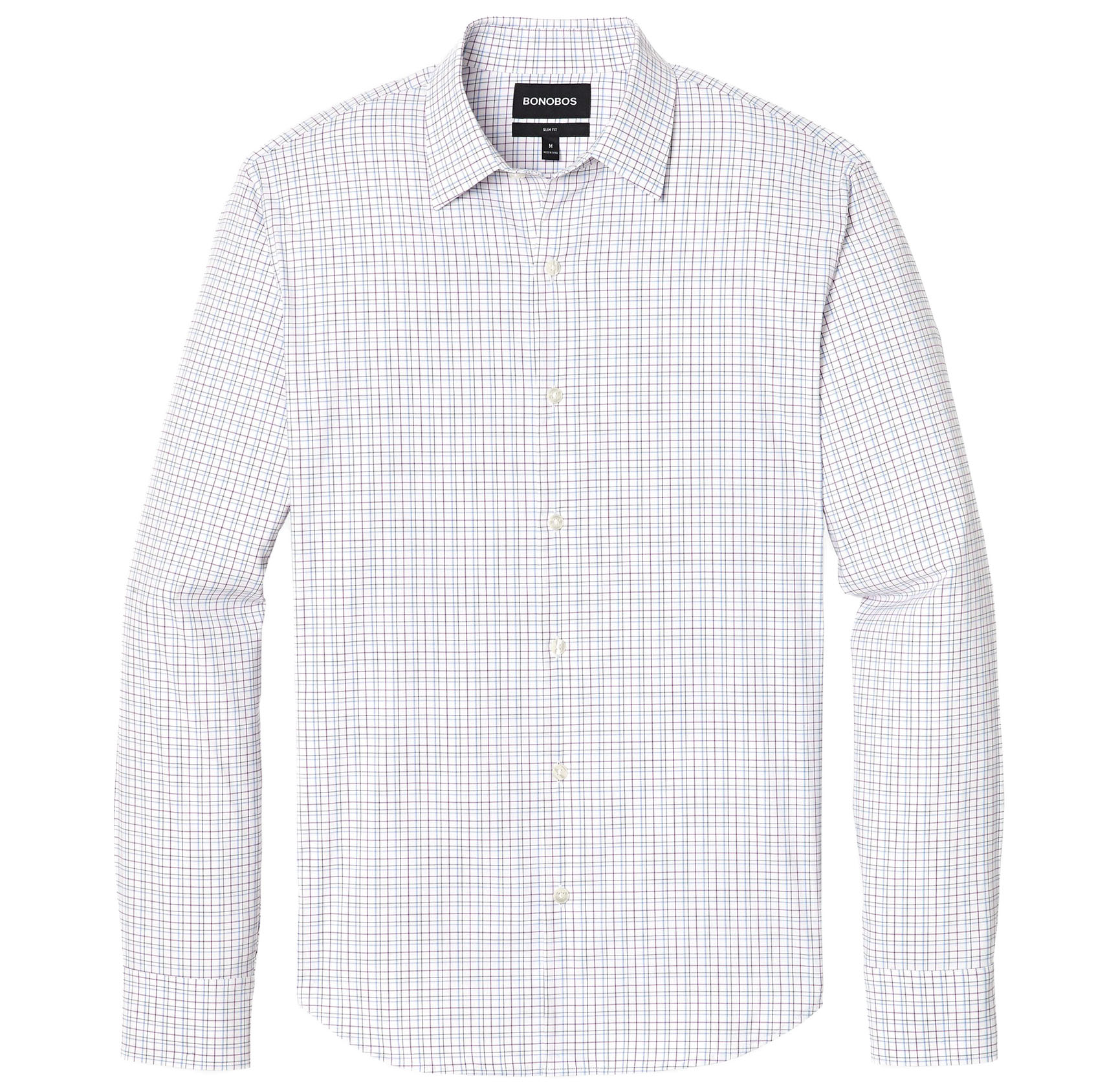
Tech Button Down Shirt
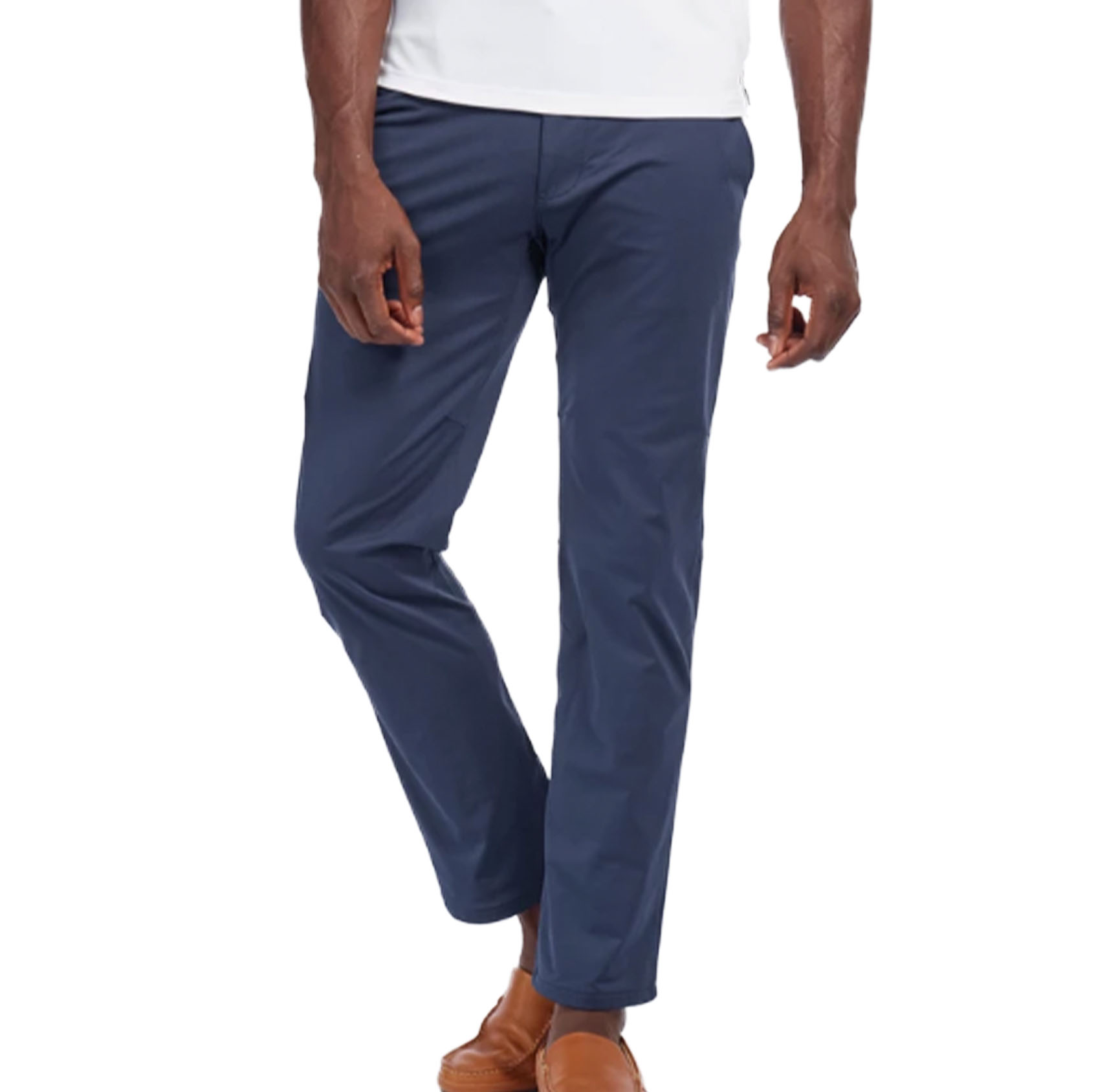
Commuter Pants
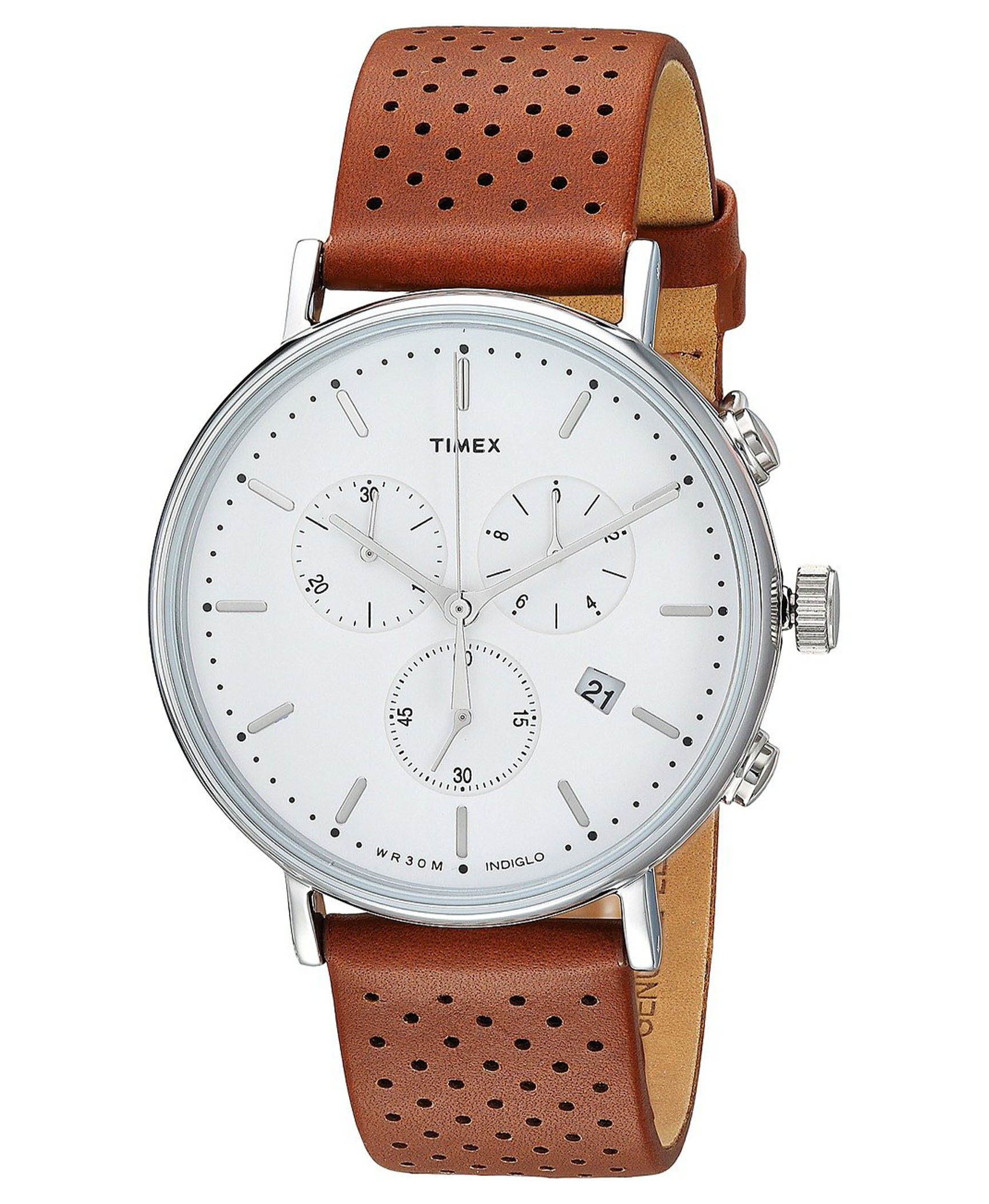
Chrono Leather Watch
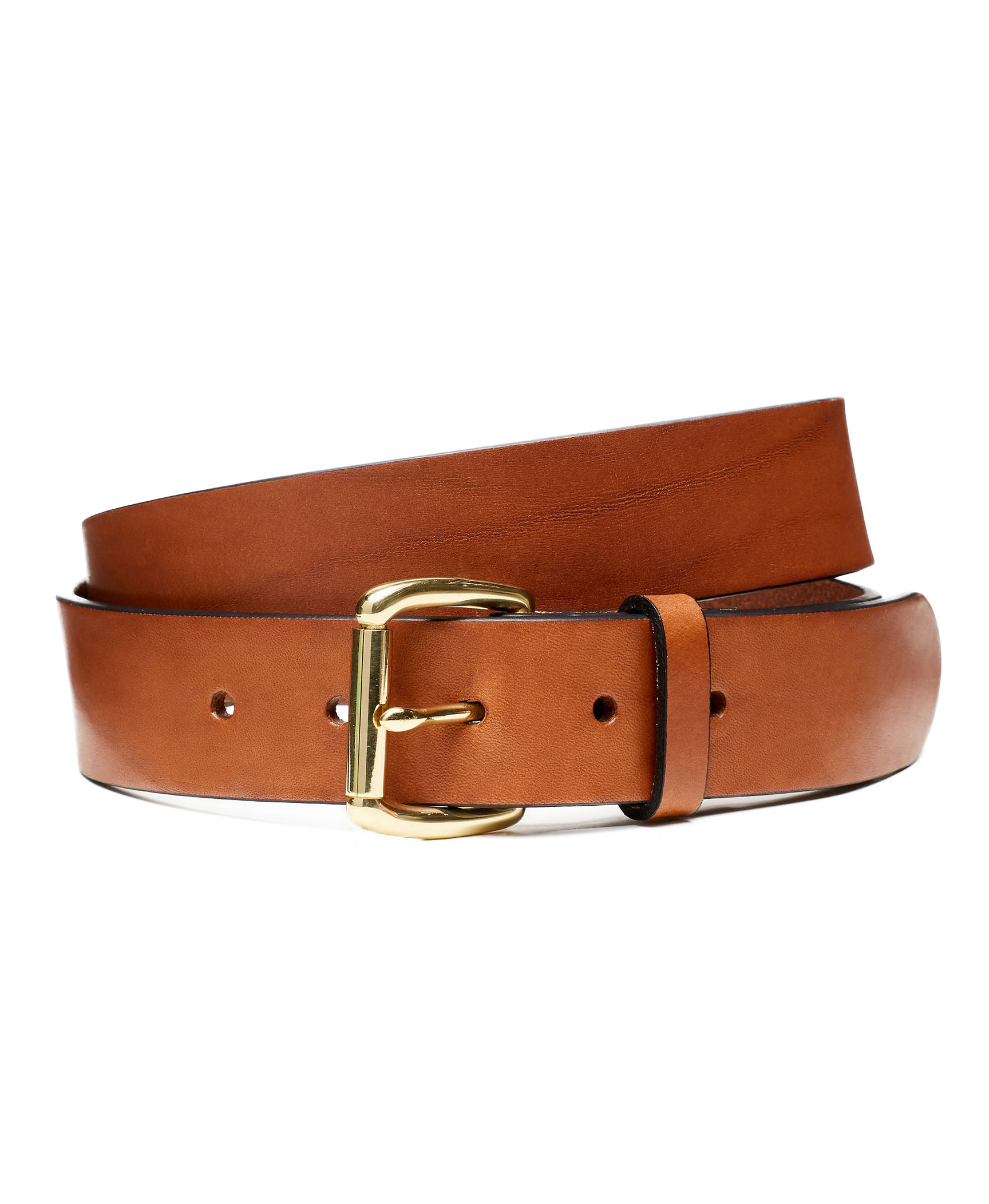
Leather Jeans Belt
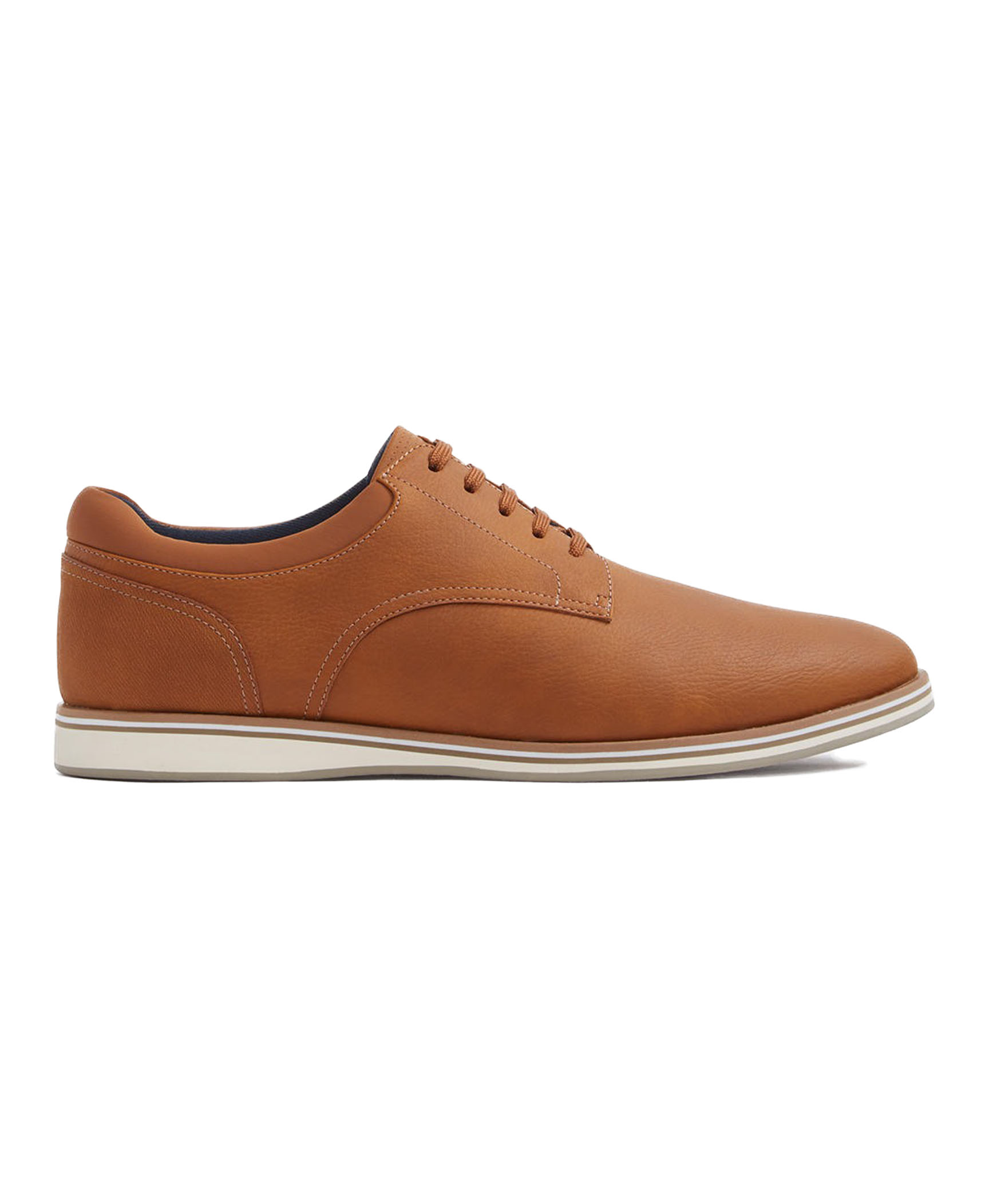
Cycia Shoes
Women’s “ridiculously comfortable travel clothes that don’t sacrifice style” outfit 1.
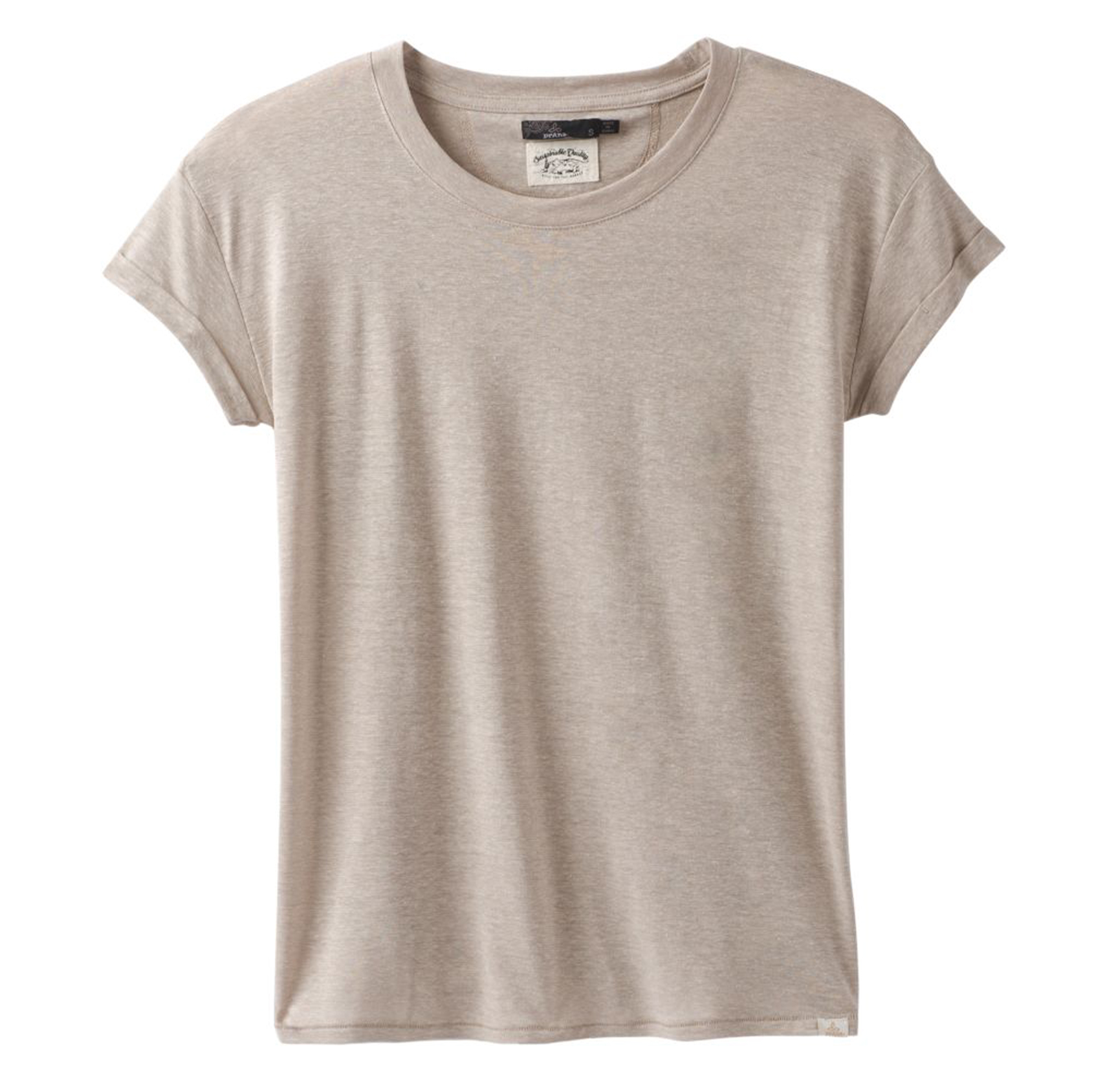
Cozy Up T-shirt

High Rise Skinny Jeans
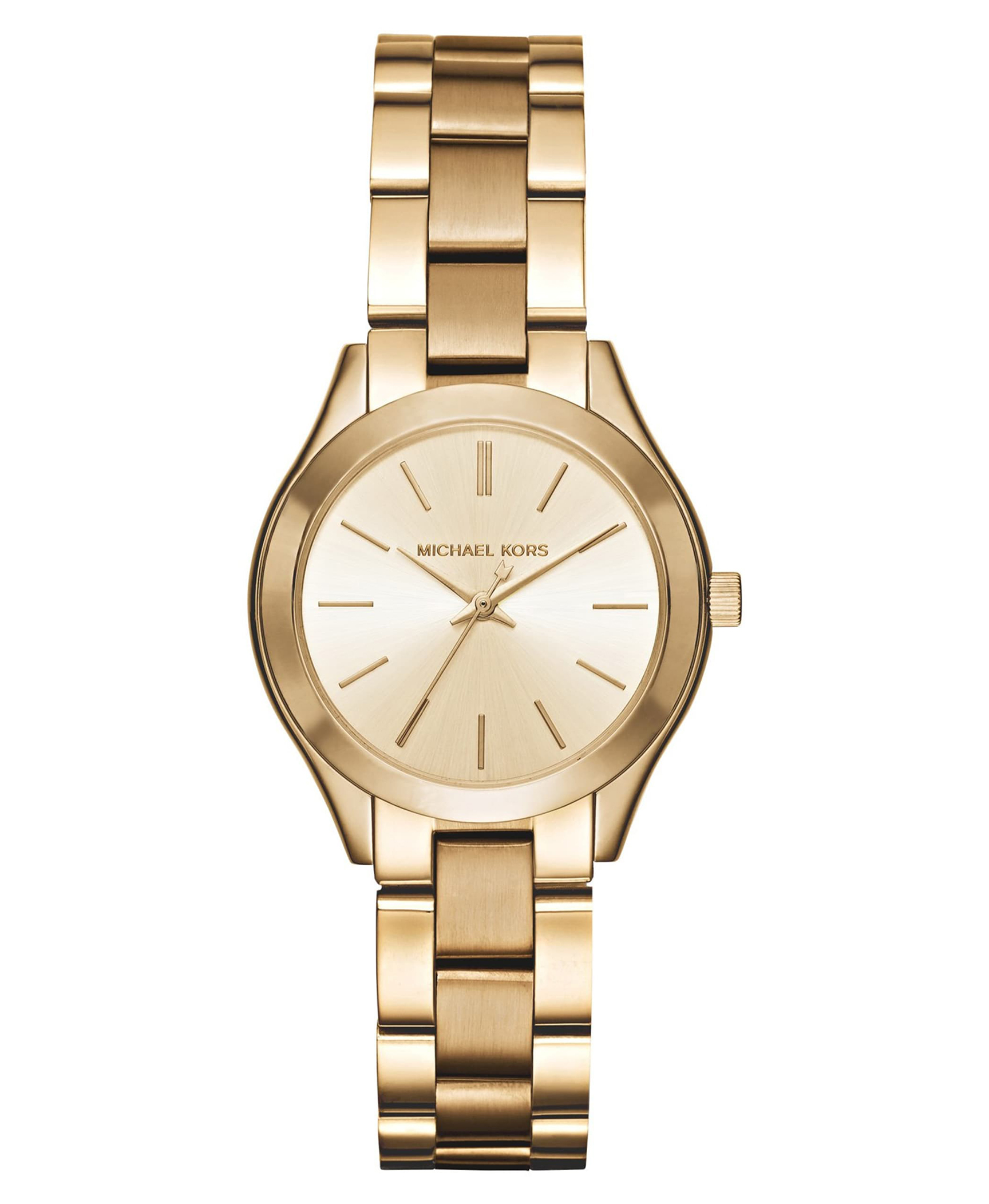
Bracelet Watch
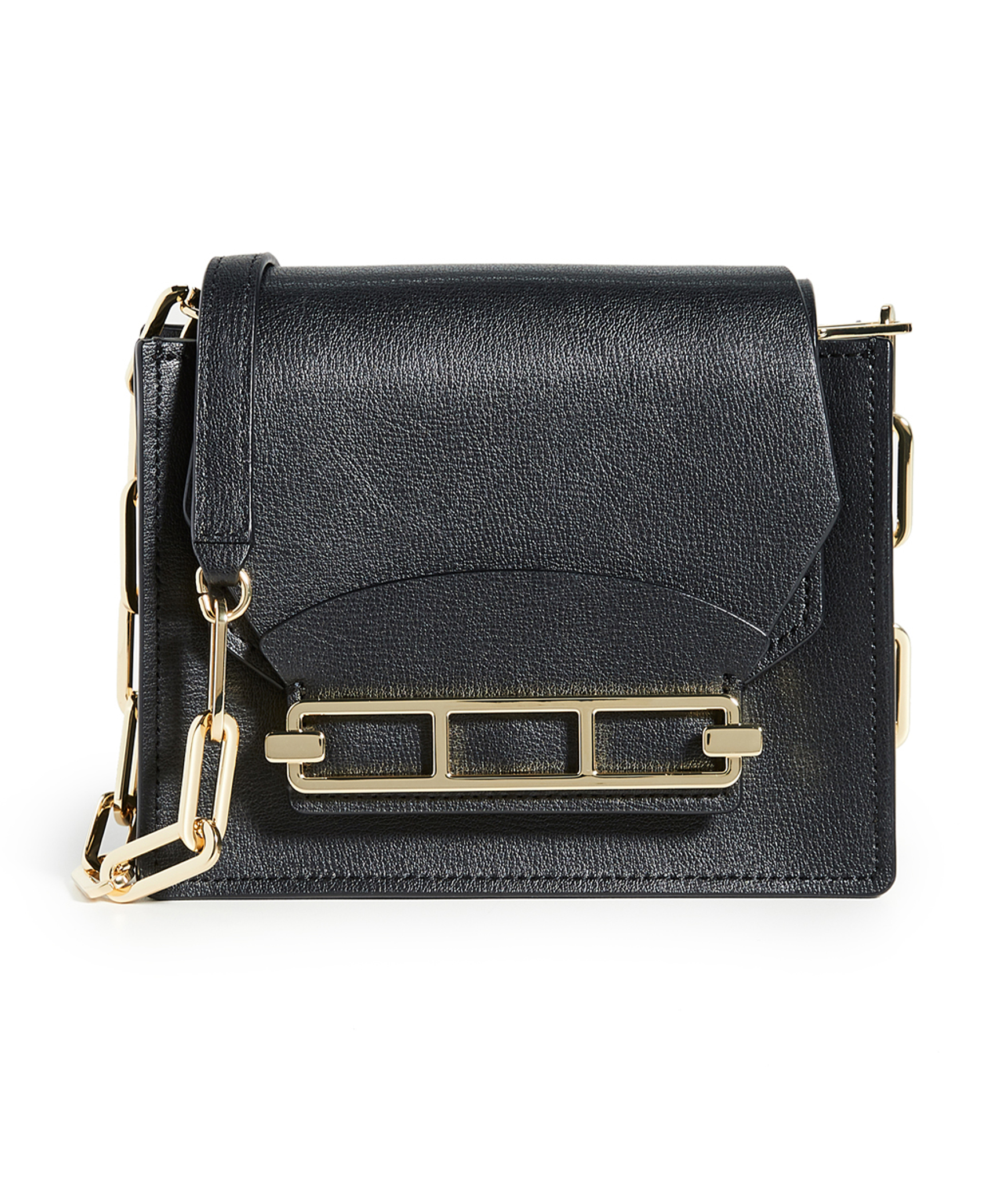
Chain Crossbody Bag
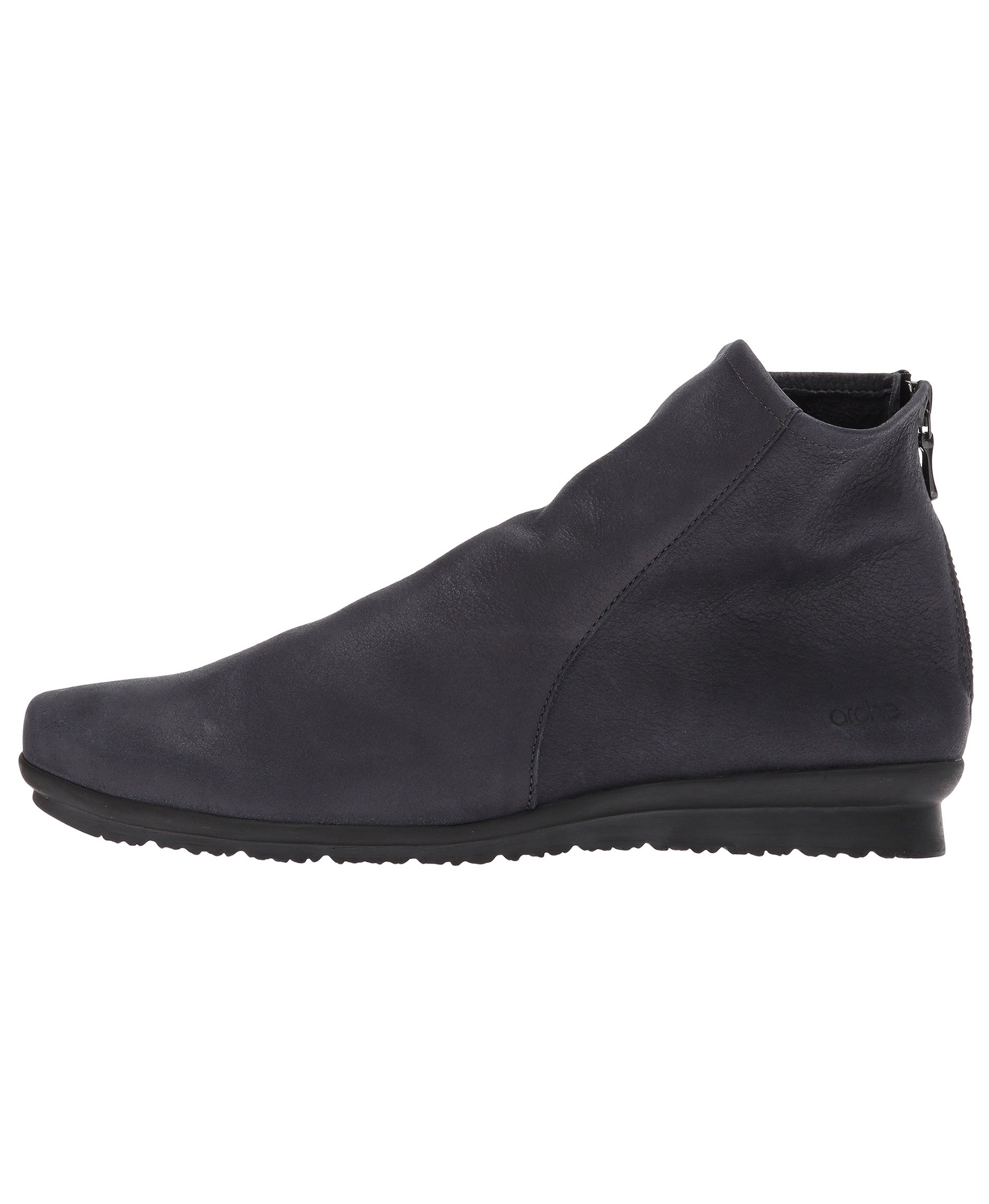
Baryky Boot
Women’s european packing guide.
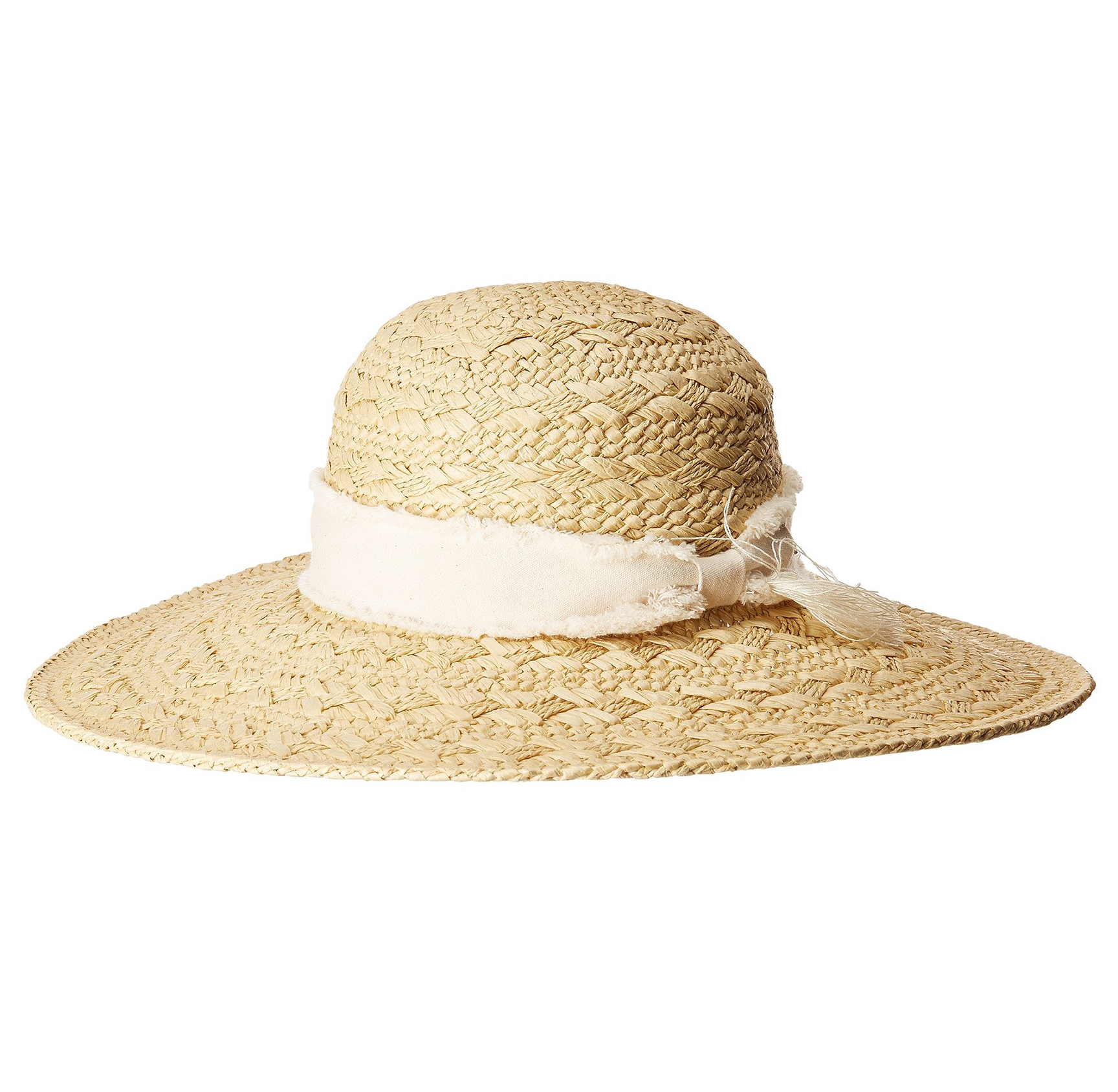
Magnetic Phone Case
Men’s amazon-based casual outfit.
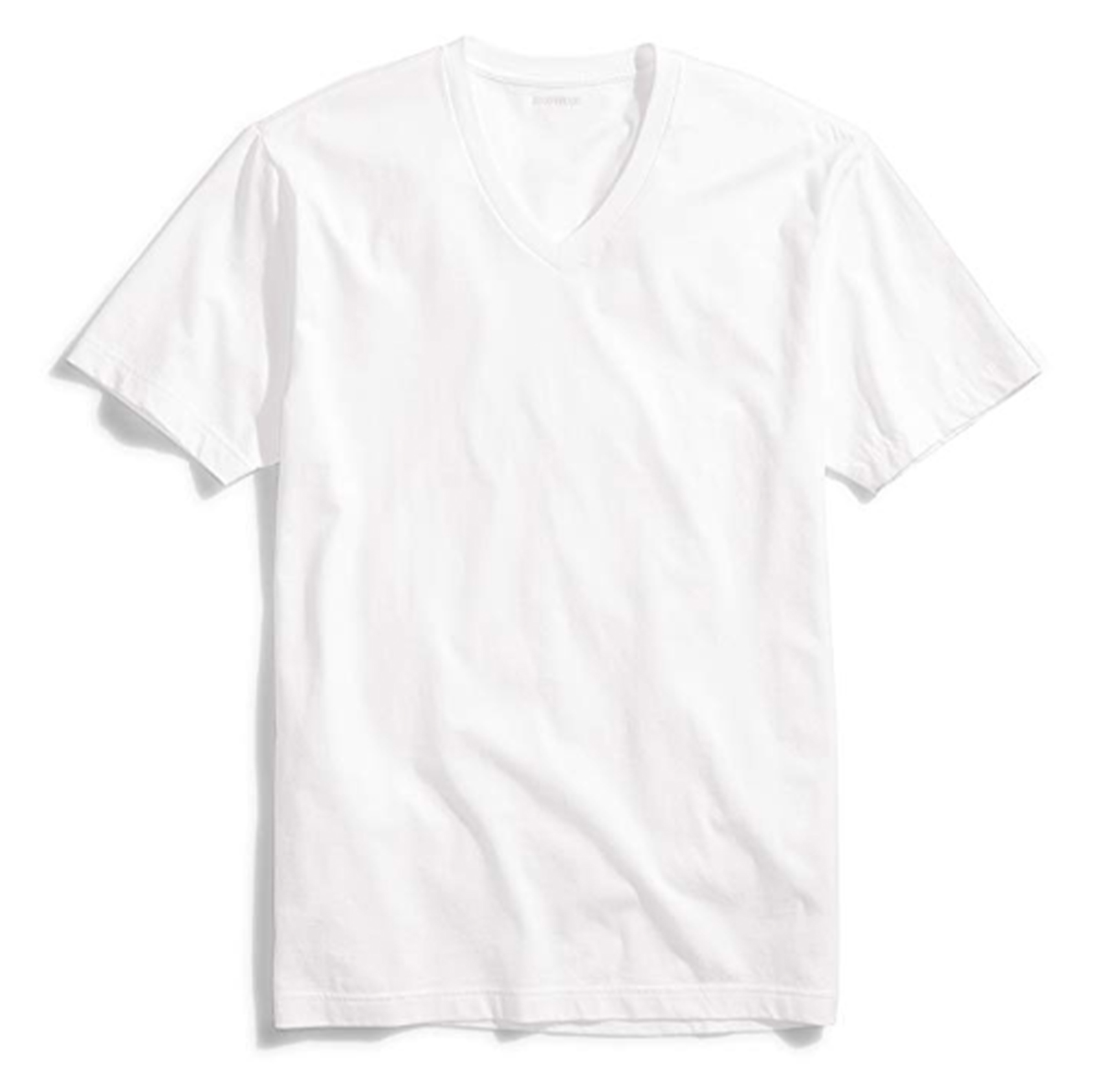
Stretch Chino Shorts
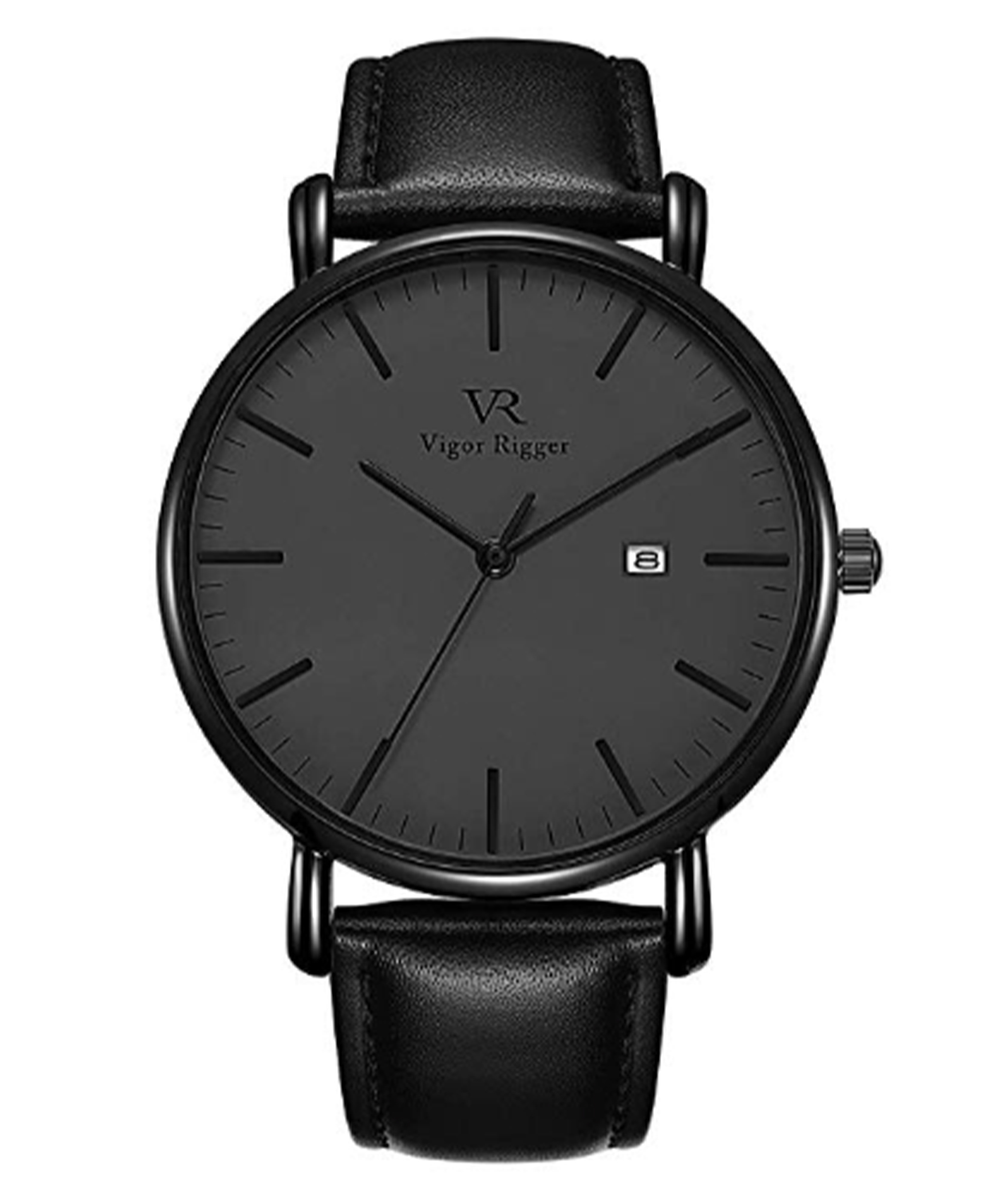
Wrist Watch
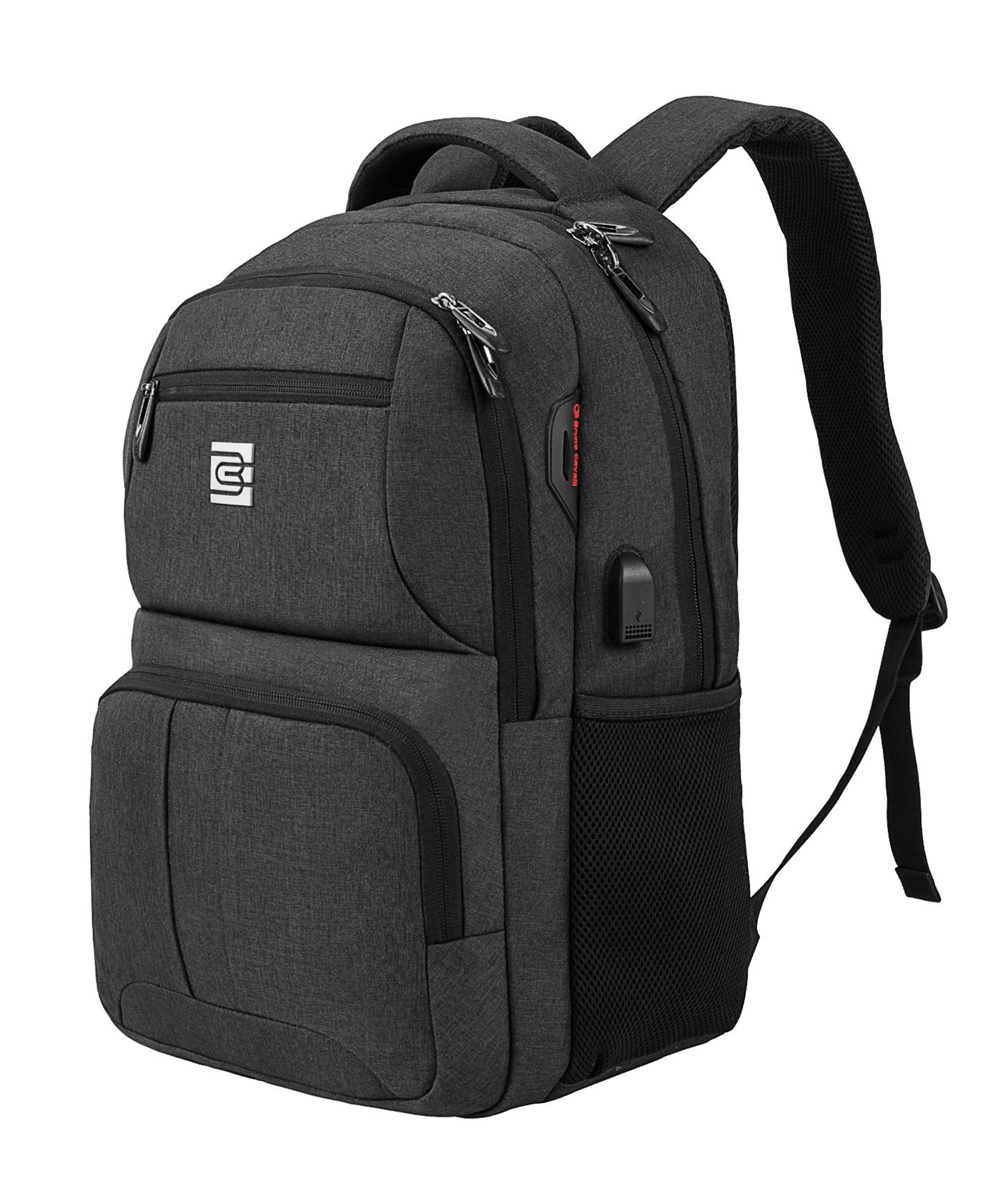
Laptop Backpack
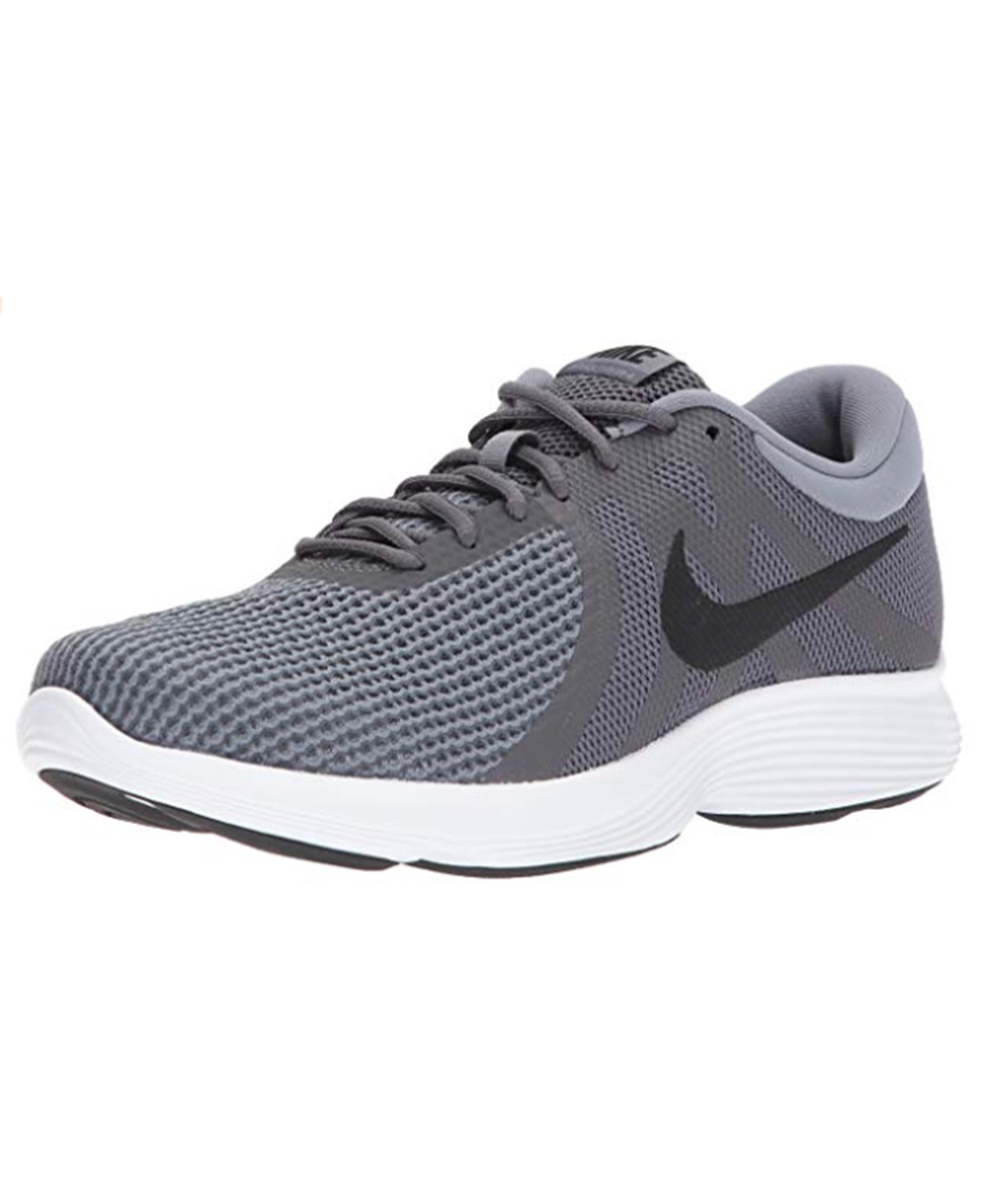
Running Shoe
Carry-on options for your next trip 1.
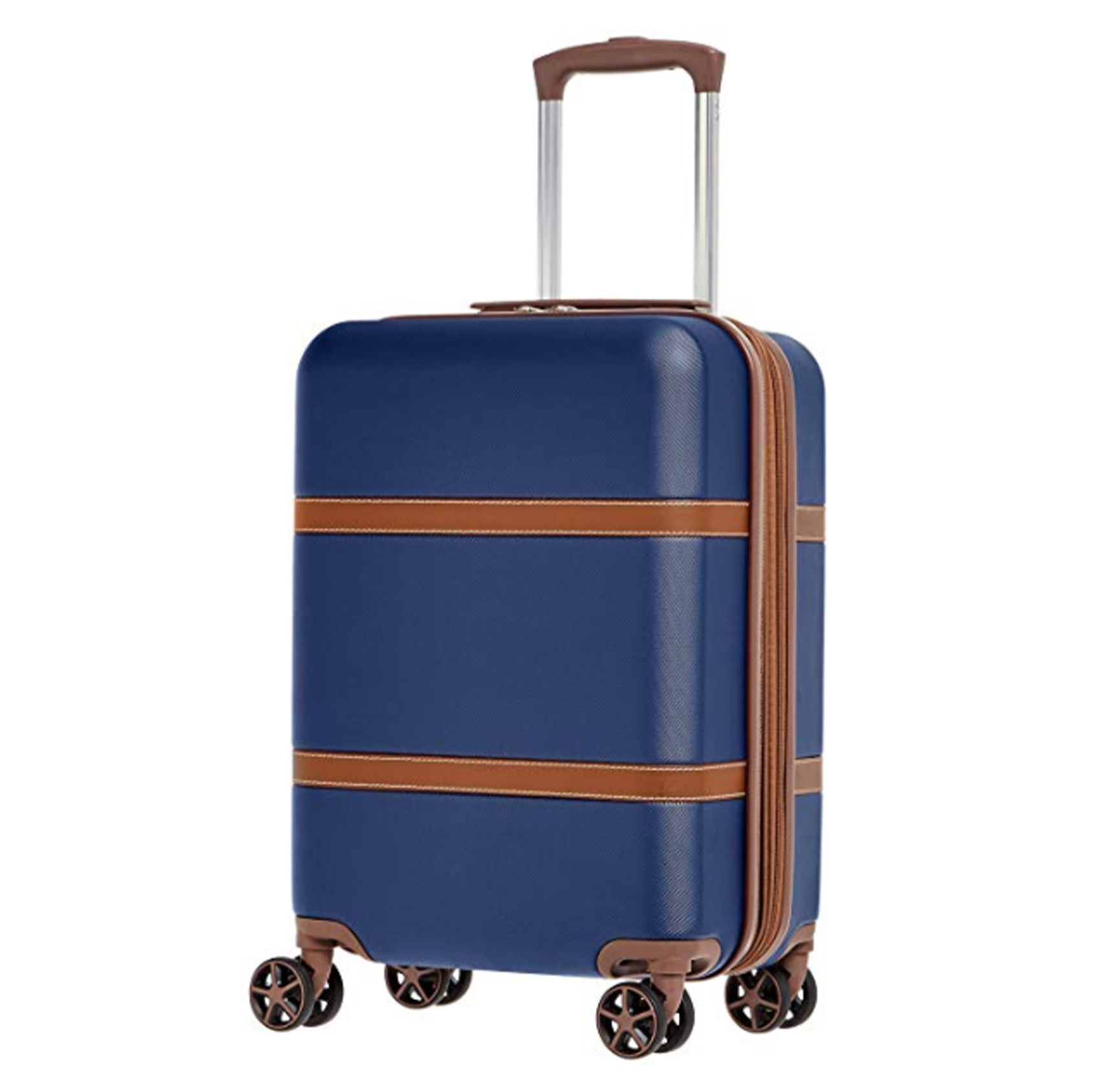
Expandable Suitcase Spinner
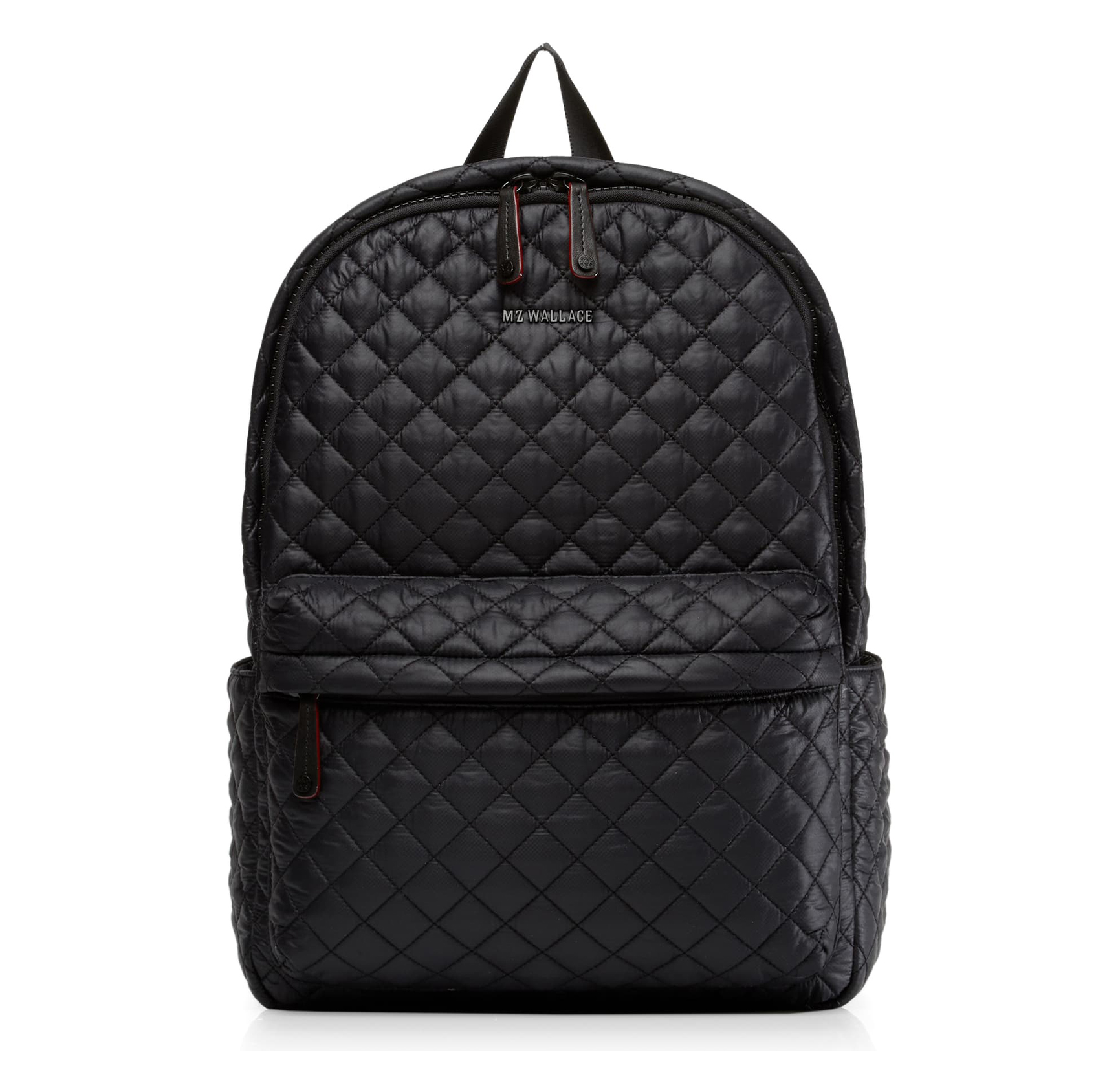
Metro Backpack
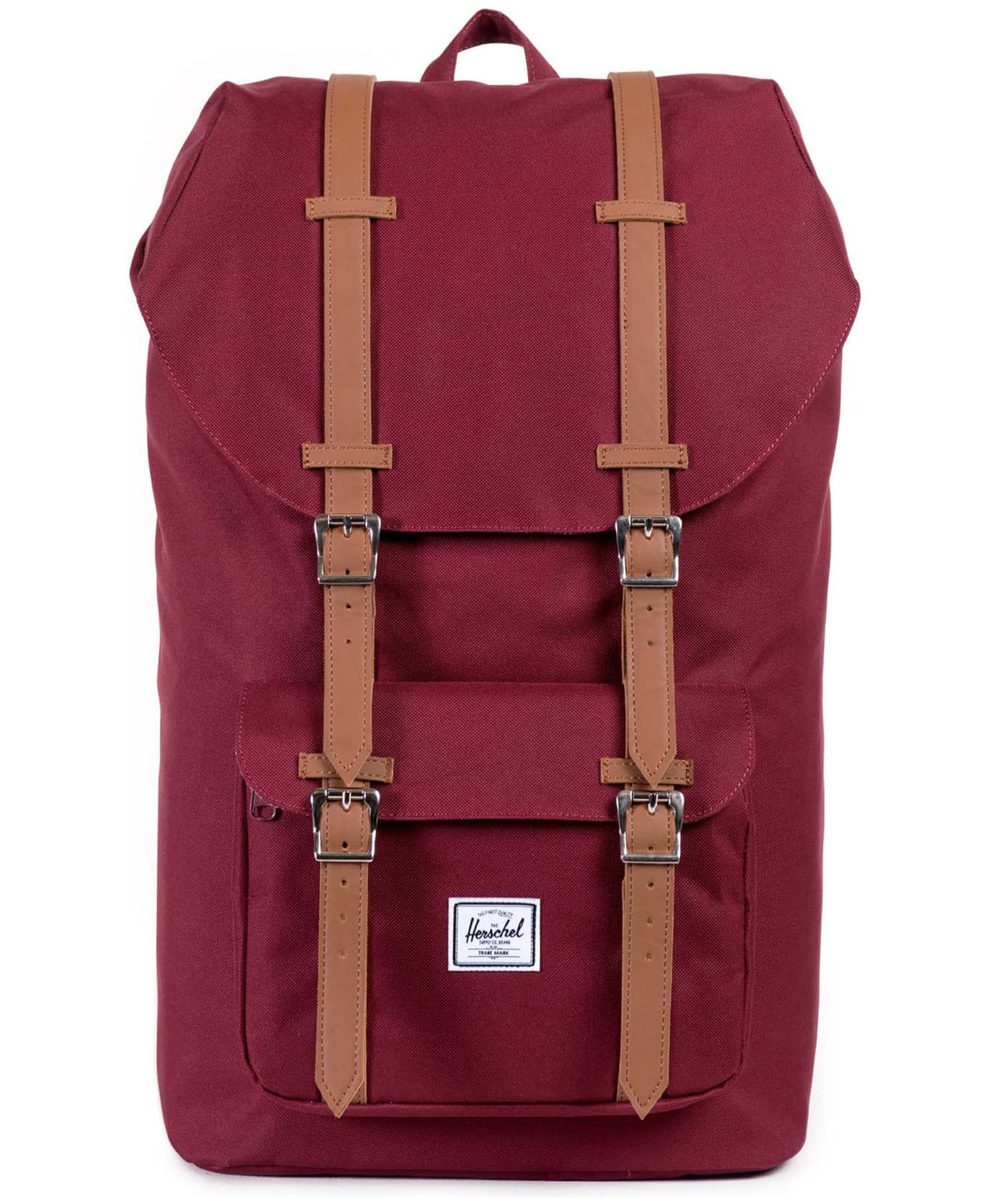
Canvas Tote
Women’s semi-fancy, formal summer dress outfit.

Jewel Quartz Earrings

Tie Neck Satin Dress
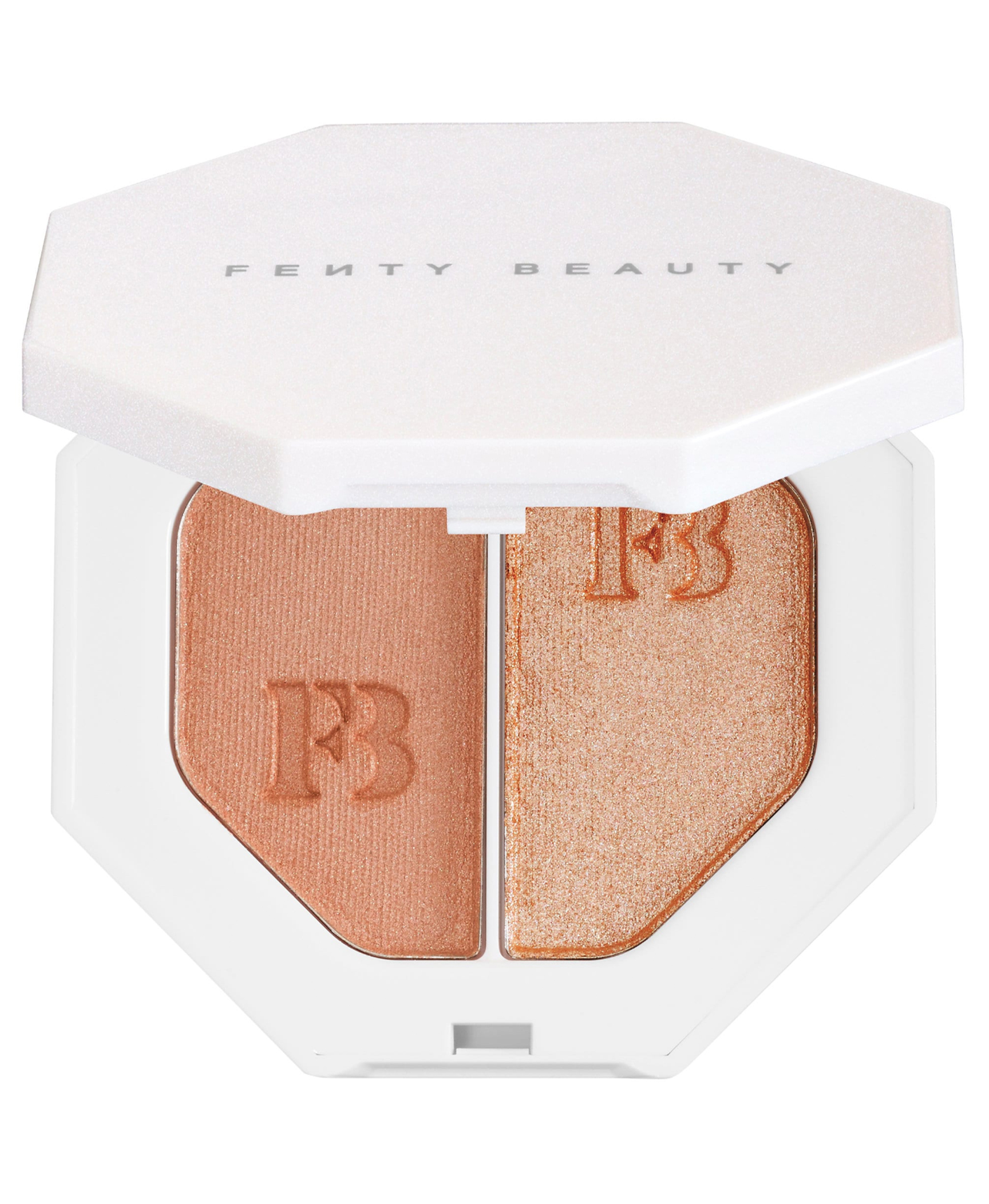
Killawatt Freestyle Highlighter

Leather Wallet
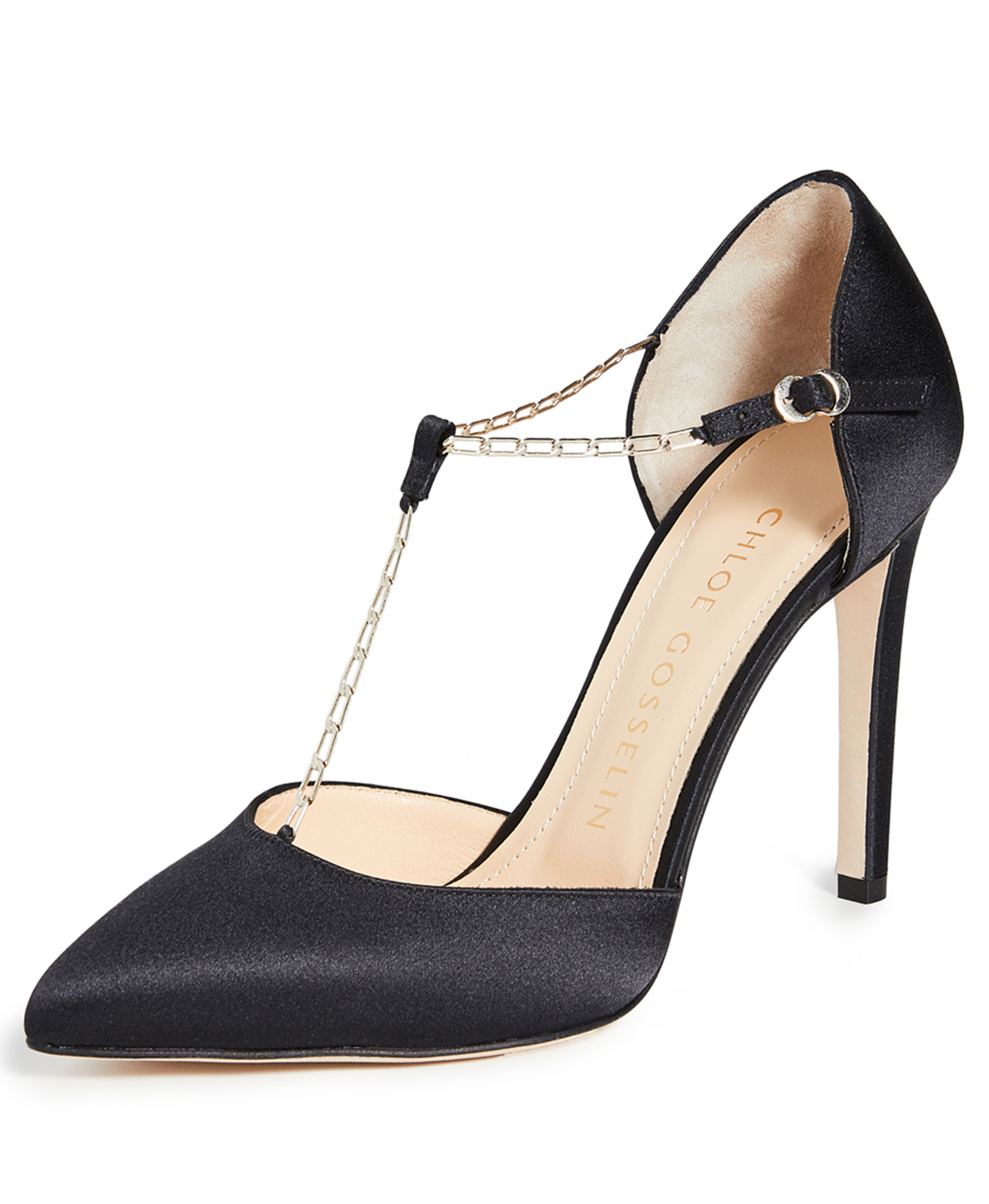
Nicole Pumps
Carry-on options for your next trip 2.
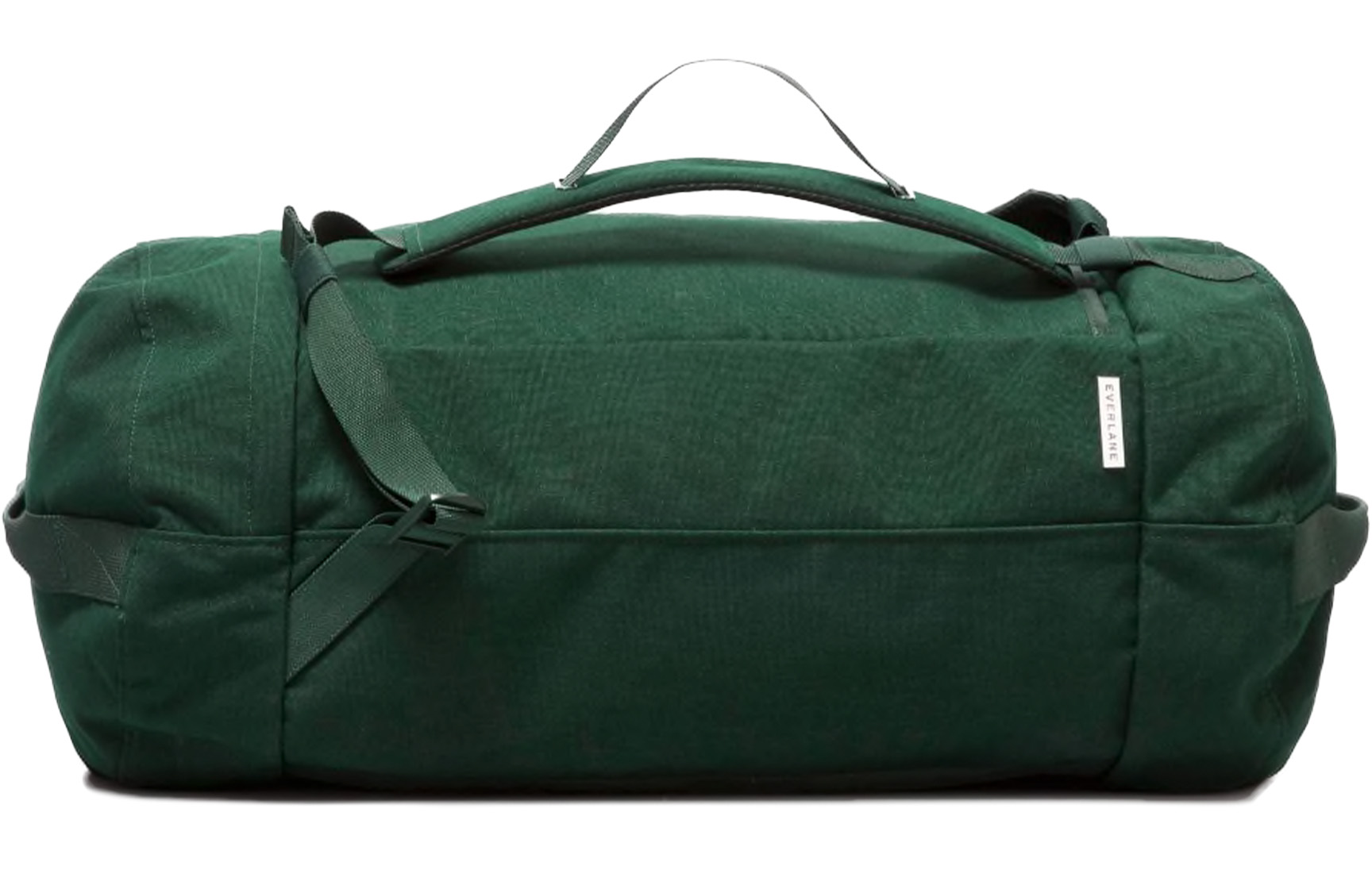
22-Inch Packing Case
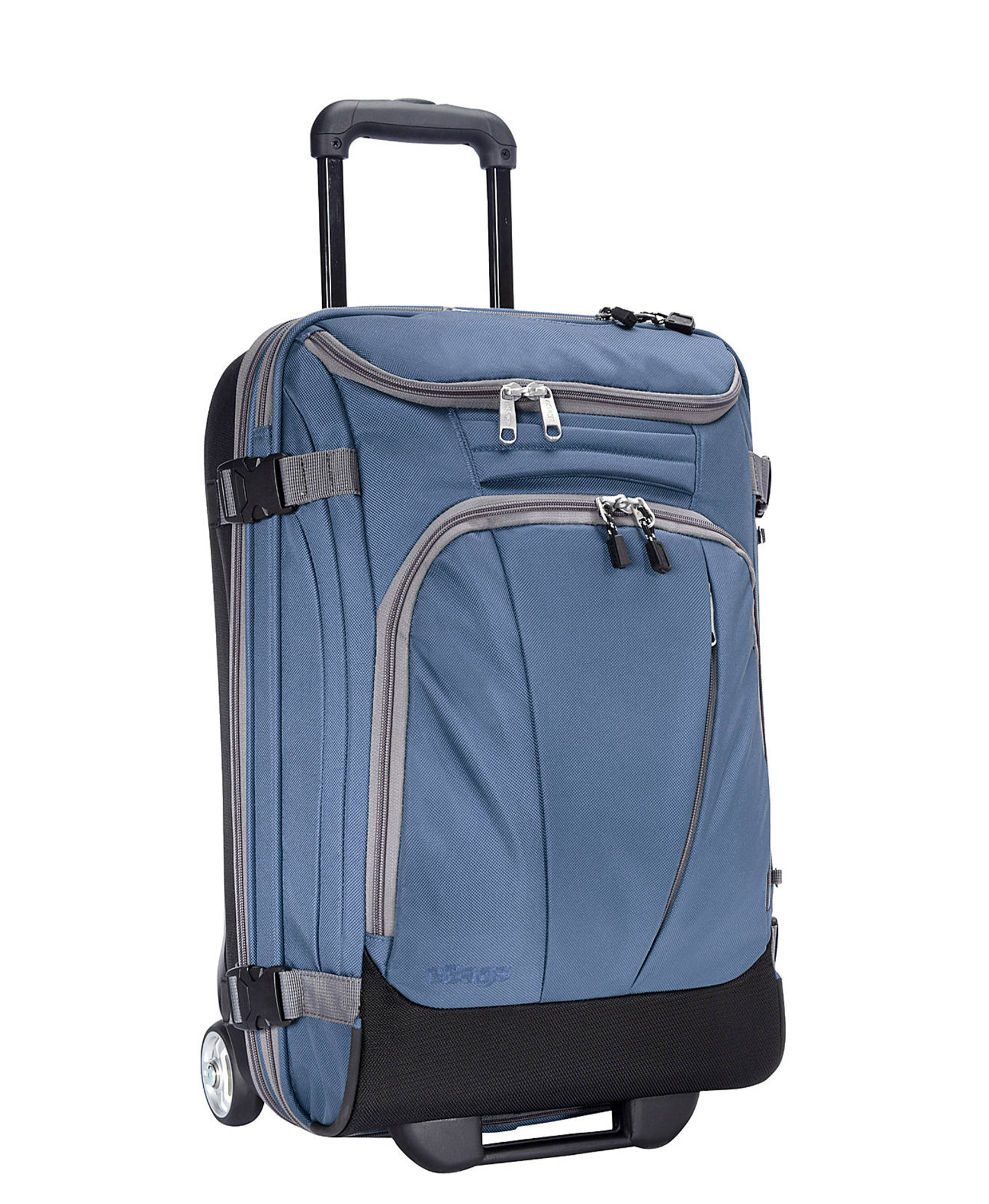
Wheeled Carry-On Duffel
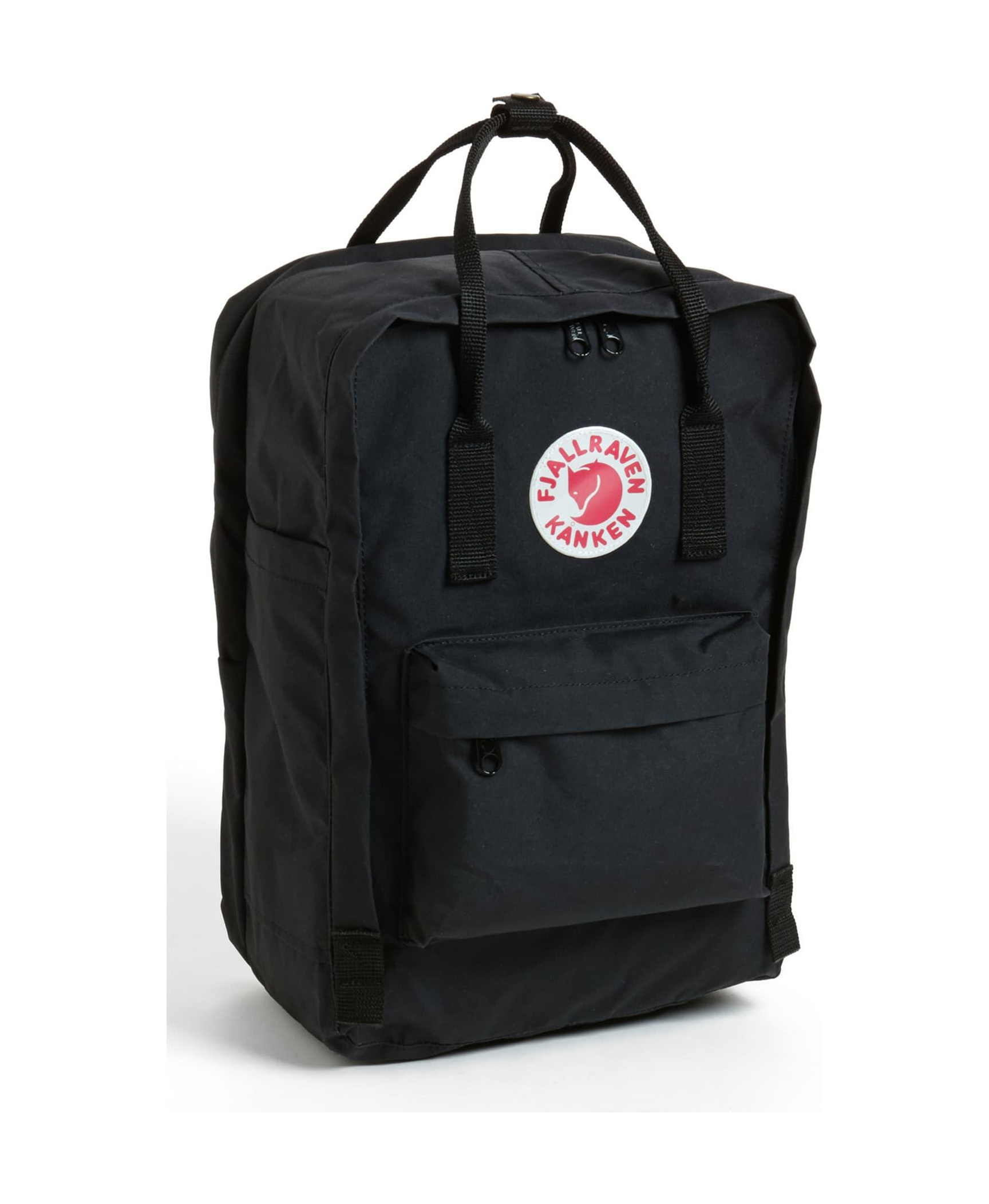
22-Inch Rolling Spinner Carry-On
Men’s outfit for walking to tijuana.
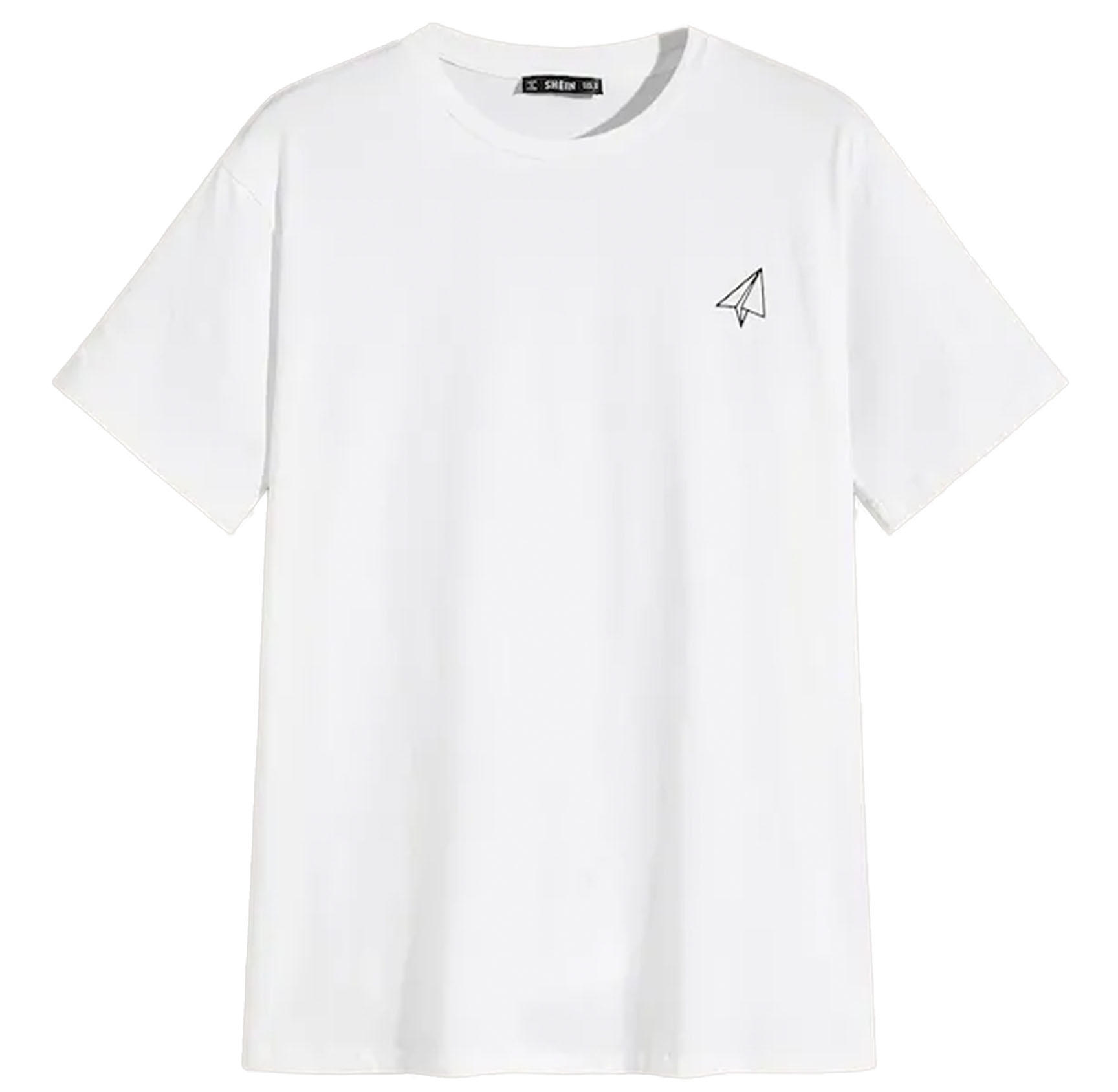
Paper Plane Print Tee

No Sweat Relaxed Fit Shorts

Vintage Canvas Backpack
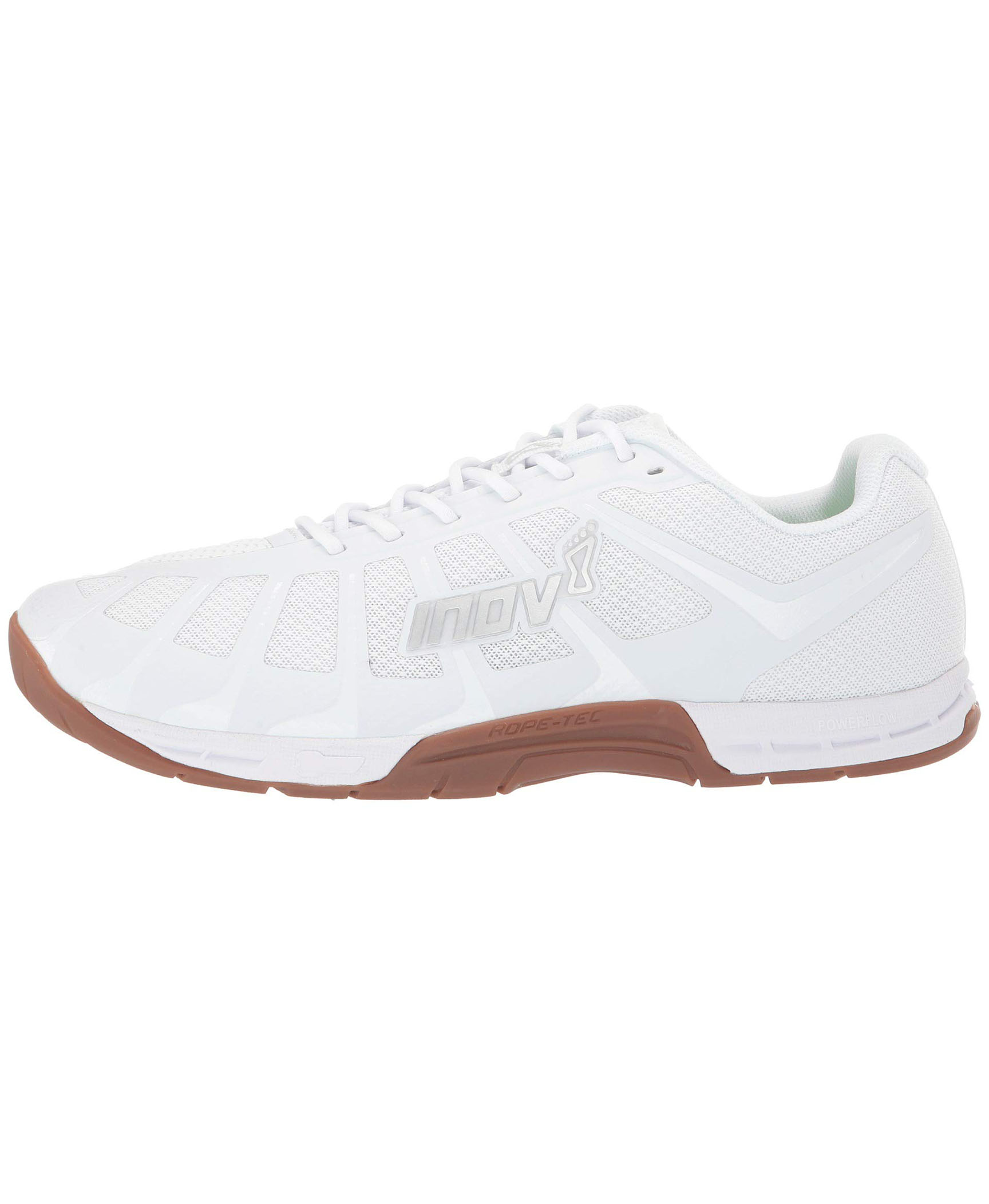
More from SmarterTravel:
- Must-Pack Medications for Travel
- What to Do If You’re Caught in an Emergency Situation Abroad
- The Ultimate Checklist for Traveling Abroad
Some review products are sent to us free of charge and with no incentive to offer a favorable review. We offer our unbiased opinions, positive and negative, and will never accept compensation to review a product.
Ashley Rossi is always ready for her next trip. Follow her on Twitter and Instagram for travel tips, destination ideas, and off the beaten path spots.
Alyssa Lukpat also contributed to this article.
Editor’s note: This story was originally published in 2018. It has been updated to reflect the most current information.
We hand-pick everything we recommend and select items through testing and reviews. Some products are sent to us free of charge with no incentive to offer a favorable review. We offer our unbiased opinions and do not accept compensation to review products. All items are in stock and prices are accurate at the time of publication. If you buy something through our links, we may earn a commission.
Top Fares From

Don't see a fare you like? View all flight deals from your city.
Today's top travel deals.
Brought to you by ShermansTravel
Greece: 6-Night Athens, Nauplia, Olympia &...

Luxe, 7-Night Caribbean & Mexico Cruise...
Regent Seven Seas Cruises

Ohio: Daily Car Rentals from Cincinnati

Trending on SmarterTravel
- GP practice services
- Health advice
- Health research
- Medical professionals
Health topics
Advice and clinical information on a wide variety of healthcare topics.
All health topics
Latest features
Allergies, blood & immune system
Bones, joints and muscles
Brain and nerves
Chest and lungs
Children's health
Cosmetic surgery
Digestive health
Ear, nose and throat
General health & lifestyle
Heart health and blood vessels
Kidney & urinary tract
Men's health
Mental health
Oral and dental care
Senior health
Sexual health
Signs and symptoms
Skin, nail and hair health
Travel and vaccinations
Treatment and medication
Women's health
Healthy living
Expert insight and opinion on nutrition, physical and mental health.
Exercise and physical activity
Healthy eating
Healthy relationships
Managing harmful habits
Mental wellbeing
Relaxation and sleep
Managing conditions
From ACE inhibitors for high blood pressure, to steroids for eczema, find out what options are available, how they work and the possible side effects.
Featured conditions
ADHD in children
Crohn's disease
Endometriosis
Fibromyalgia
Gastroenteritis
Irritable bowel syndrome
Polycystic ovary syndrome
Scarlet fever
Tonsillitis
Vaginal thrush
Health conditions A-Z
- Medicine information
Information and fact sheets for patients and professionals. Find out side effects, medicine names, dosages and uses.
All medicines A-Z
Allergy medicines
Analgesics and pain medication
Anti-inflammatory medicines
Breathing treatment and respiratory care
Cancer treatment and drugs
Contraceptive medicines
Diabetes medicines
ENT and mouth care
Eye care medicine
Gastrointestinal treatment
Genitourinary medicine
Heart disease treatment and prevention
Hormonal imbalance treatment
Hormone deficiency treatment
Immunosuppressive drugs
Infection treatment medicine
Kidney conditions treatments
Muscle, bone and joint pain treatment
- Nausea medicine and vomiting treatment
Nervous system drugs
Reproductive health
Skin conditions treatments
Substance abuse treatment
Vaccines and immunisation
Vitamin and mineral supplements
Tests & investigations
Information and guidance about tests and an easy, fast and accurate symptom checker.
About tests & investigations
Symptom checker
Blood tests
BMI calculator
Pregnancy due date calculator
General signs and symptoms
Patient health questionnaire
Generalised anxiety disorder assessment
Medical professional hub
Information and tools written by clinicians for medical professionals, and training resources provided by FourteenFish.
Content for medical professionals
FourteenFish training
Professional articles
Evidence-based professional reference pages authored by our clinical team for the use of medical professionals.
View all professional articles A-Z
Actinic keratosis
Bronchiolitis
Molluscum contagiosum
Obesity in adults
Osmolality, osmolarity, and fluid homeostasis
Recurrent abdominal pain in children
Medical tools and resources
Clinical tools for medical professional use.
All medical tools and resources

Hyoscine for travel sickness
Joy rides, kwells, scopoderm.
Peer reviewed by Sid Dajani Last updated by Michael Stewart, MRPharmS Last updated 21 Nov 2022
Meets Patient’s editorial guidelines
Follow the dosage directions on the label or pack. Do not take more than the recommended dose.
If you are taking tablets, take a dose about 30 minutes before you travel.
If you have been prescribed a patch, apply it to the skin behind your ear 5-6 hours before your journey starts.
Hyoscine may make you sleepy. If this happens, do not drive and do not use tools or machines.
In this article :
About hyoscine, before taking hyoscine, how to use hyoscine, getting the most from your treatment, can hyoscine cause problems, how to store hyoscine, important information about all medicines.
Continue reading below
Hyoscine is an effective medicine for travel sickness . It works by preventing the confusing messages going to your brain.
There are a number of different brands of tablet available which contain hyoscine as a salt, called hyoscine hydrobromide. You can buy these without a prescription at pharmacies. There are two strengths of tablets available: 300 microgram tablets for adults, and 150 microgram tablets for children. The dose for younger children will require halving a tablet.
There is also a product called Scopoderm® 1.5 mg patch. This is a patch for people aged 10 years or over. You stick the patch on to the skin behind your ear 5-6 hours before your journey, and then remove it at the end of the journey. The patch releases hyoscine through your skin and into your bloodstream.
One of the other effects of hyoscine is that it causes a dry mouth. It is sometimes prescribed by doctors for this reason, rather than to prevent travel sickness.
There is also a similar-sounding medicine called hyoscine butylbromide. This is an antispasmodic medicine which is used to relieve pain caused by tummy (abdominal) cramps. There is more information about this in a separate medicine leaflet called Hyoscine butylbromide tablets .
To make sure this is the right treatment for you, before you (or your child) start taking hyoscine, it is important that your doctor or pharmacist knows:
If you are pregnant or breastfeeding.
If you are unwell and have a high temperature (fever).
If you have digestive system problems such as reflux disease, diarrhoea, or ulcerative colitis.
If you have an eye condition called glaucoma.
If you have high blood pressure, a fast heart rate, or any other heart problems.
If you have problems with your liver, kidneys or prostate gland.
If you have epilepsy.
If you have a condition causing muscle weakness, called myasthenia gravis.
If you have Down's syndrome.
If you are taking any other medicines. This includes any medicines you are taking which are available to buy without a prescription, as well as herbal and complementary medicines.
If you have ever had an allergic reaction to a medicine.
Before you start this treatment, read the manufacturer's printed information leaflet from inside the pack. It will give you more information about hyoscine, including a full list of the side-effects which you may experience from taking it.
Recommended doses are as follows:
For adults and children over 10 years of age: 150-300 micrograms.
For those aged 4-10 years: 75-150 micrograms.
For those aged 3-4 years: 75 micrograms.
You should take a dose of tablets 30-60 minutes before the start of the journey, and then repeat the dose after six hours if needed. There is a maximum number of tablets that can be taken in any 24-hour period, so remember to check the directions on the label carefully to make sure that you (or your child) do not take more than the recommended daily amount.
Read the label on the pack carefully to see whether the tablets should be sucked or chewed, or simply swallowed with a drink of water.
If you have been prescribed Scopoderm® 1.5 mg patches:
Stick one patch to the skin just behind your ear 5-6 hours before the start of your journey and remember to remove it after your arrival.
The effect of the patch can last up to 72 hours, so it is suitable for people taking long journeys.
Once removed, fold the patch in half so it sticks together and dispose of it carefully.
Remember to wash your hands after handling the patches, and also it is important to clean behind your ear after you have removed the patch. This is to make sure you remove any remaining traces of hyoscine from your skin.
Do not apply more than one patch at a time and do not cut the patches unless your doctor or a pharmacist tells you to.
Hyoscine can make you sleepy, and if you are using the patches, you may still feel sleepy the following day. If this happens, do not drive and do not use tools or machines until you feel well again. Also, avoid drinking alcohol, as this will increase the feelings of sleepiness.
When you buy any medicines, you should always check with a pharmacist that they are safe to take alongside your other medicines. This is particularly important with hyoscine because it can increase the side-effects from some other treatments.
Other things which can help to prevent travel sickness are:
Looking out of a window or sitting with your head tilted slightly backwards.
Taking regular breaks in your journey to have some fresh air and drink some cold water.
Breathing deeply and slowly while you listen to music.
Along with their useful effects, most medicines can cause unwanted side-effects although not everyone experiences them. The table below contains some of the most common ones associated with hyoscine. You will find a full list in the manufacturer's information leaflet supplied with your medicine. Speak with your doctor or pharmacist if any of the following continue or become troublesome.
Important: on rare occasions more serious side-effects can occur when using hyoscine hydrobromide patches (Scopoderm ® patches). This is more likely if using the patches in a way the manufacturer did not intend, for example cutting patches or using more than one patch. People using hyoscine patches, or their carers, should be alert for signs that the dose is too high. These can include: a high temperature (fever), difficulty passing urine, confusion, disorientation, seeing or hearing things that are not there (hallucinations), fits or convulsions, reduced consciousness and difficulty breathing. If you notice any of these symptoms, remove the patch(es) immediately and seek medical help.
Keep all medicines out of the reach and sight of children.
Store in a cool, dry place, away from direct heat and light.
Never take more than the recommended dose. If you suspect that you or someone else has taken an overdose of this medicine, go to the accident and emergency department of your local hospital at once. Take the container with you, even if it is empty.
If you are having an operation or any dental treatment, tell the person carrying out the treatment which medicines you are taking.
Do not keep out-of-date or unwanted medicines. Take them to your local pharmacy which will dispose of them for you.
If you have any questions about this medicine ask your pharmacist.
Report side effects to a medicine or vaccine
If you experience side effects, you can report them online through the Yellow Card website .
Further reading and references
- Manufacturer's PIL, Kwells® Kids ; Dexcel Pharma Ltd, The electronic Medicines Compendium. Dated May 2022.
- Manufacturer's PIL, Kwells® 300 microgram tablets ; Dexcel Pharma Ltd, The electronic Medicines Compendium. Dated May 2022.
- Manufacturer's PIL, Joy-Rides® Tablets ; Teva UK Limited, The electronic Medicines Compendium. Dated October 2020.
- Manufacturer's PIL, Scopoderm® 1.5 mg Patch ; GlaxoSmithKline Consumer Healthcare, The electronic Medicines Compendium. Dated August 2021.
- Medicines Complete BNF 87th Edition ; British Medical Association and Royal Pharmaceutical Society of Great Britain, London.
Article history
The information on this page is written and peer reviewed by qualified clinicians.
Next review due: 20 Nov 2025
21 nov 2022 | latest version.
Last updated by
Peer reviewed by

Feeling unwell?
Assess your symptoms online for free
Travel Sickness (Oral)
Generic name: meclizine [ MEK-li-zeen ] Brand names: Antivert , Antivert/25, Antivert/50, Dramamine II , Meclicot , ... show all 9 brands Meni-D, Motion Sickness Relief, Simply Motion, Travel Sickness Drug class: Anticholinergic antiemetics
Medically reviewed by Drugs.com. Last updated on Jan 7, 2024.
Uses for Travel Sickness
Meclizine is used to prevent and control nausea, vomiting, and dizziness caused by motion sickness. It is also used for vertigo (dizziness or lightheadedness) caused by ear problems.
Meclizine is an antihistamine. It works to block the signals to the brain that cause nausea, vomiting, and dizziness.
This medicine is available only with your doctor's prescription.
Before using Travel Sickness
In deciding to use a medicine, the risks of taking the medicine must be weighed against the good it will do. This is a decision you and your doctor will make. For this medicine, the following should be considered:
Tell your doctor if you have ever had any unusual or allergic reaction to this medicine or any other medicines. Also tell your health care professional if you have any other types of allergies, such as to foods, dyes, preservatives, or animals. For non-prescription products, read the label or package ingredients carefully.
Appropriate studies have not been performed on the relationship of age to the effects of Antivert® tablets and chewable tablets in children or Antivert®/25 or Antivert®/50 tablets in children younger than 12 years of age . Safety and efficacy have not been established.
Appropriate studies performed to date have not demonstrated geriatric-specific problems that would limit the usefulness of meclizine in the elderly. However, elderly patients are more likely to have age-related liver, kidney, or heart problems, which may require caution and an adjustment in the dose for patients receiving meclizine.
Breast Feeding
Studies in women suggest that this medication poses minimal risk to the infant when used during breastfeeding.
Interactions with Medicines
Although certain medicines should not be used together at all, in other cases two different medicines may be used together even if an interaction might occur. In these cases, your doctor may want to change the dose, or other precautions may be necessary. When you are taking this medicine, it is especially important that your healthcare professional know if you are taking any of the medicines listed below. The following interactions have been selected on the basis of their potential significance and are not necessarily all-inclusive.
Using this medicine with any of the following medicines is not recommended. Your doctor may decide not to treat you with this medication or change some of the other medicines you take.
- Potassium Citrate
- Tranylcypromine
Using this medicine with any of the following medicines is usually not recommended, but may be required in some cases. If both medicines are prescribed together, your doctor may change the dose or how often you use one or both of the medicines.
- Amifampridine
- Amobarbital
- Anileridine
- Benzhydrocodone
- Buprenorphine
- Butabarbital
- Butorphanol
- Calcium Oxybate
- Cannabidiol
- Chloral Hydrate
- Chlordiazepoxide
- Chlorpromazine
- Clorazepate
- Daridorexant
- Dexmedetomidine
- Dihydrocodeine
- Diphenhydramine
- Diphenoxylate
- Eszopiclone
- Ethchlorvynol
- Ethylmorphine
- Flibanserin
- Fospropofol
- Gabapentin Enacarbil
- Glycopyrrolate
- Glycopyrronium Tosylate
- Hydrocodone
- Hydromorphone
- Hydroxyzine
- Ketobemidone
- Lemborexant
- Levocetirizine
- Levorphanol
- Magnesium Oxybate
- Meprobamate
- Methacholine
- Methotrimeprazine
- Metoclopramide
- Morphine Sulfate Liposome
- Nicomorphine
- Opium Alkaloids
- Oxymorphone
- Papaveretum
- Pentazocine
- Pentobarbital
- Periciazine
- Phenobarbital
- Piritramide
- Potassium Oxybate
- Promethazine
- Propoxyphene
- Remimazolam
- Revefenacin
- Ropeginterferon Alfa-2b-njft
- Scopolamine
- Secobarbital
- Secretin Human
- Sodium Oxybate
- Thioridazine
Interactions with Food/Tobacco/Alcohol
Certain medicines should not be used at or around the time of eating food or eating certain types of food since interactions may occur. Using alcohol or tobacco with certain medicines may also cause interactions to occur. Discuss with your healthcare professional the use of your medicine with food, alcohol, or tobacco.
Other Medical Problems
The presence of other medical problems may affect the use of this medicine. Make sure you tell your doctor if you have any other medical problems, especially:
- Enlarged prostate or
- Glaucoma—Use with caution. May make these conditions worse.
- Kidney disease or
- Liver disease—Use with caution. The effects may be increased because of slower removal of the medicine from the body.
Proper use of Travel Sickness
Take this medicine only as directed by your doctor . Do not take more of it, do not take it more often, and do not take it for a longer time than your doctor ordered.
Chew or crush the chewable tablet completely before swallowing. Do not swallow it whole.
Swallow the non-chewable tablet whole. Do not crush, chew, or break it.
The dose of this medicine will be different for different patients. Follow your doctor's orders or the directions on the label. The following information includes only the average doses of this medicine. If your dose is different, do not change it unless your doctor tells you to do so.
The amount of medicine that you take depends on the strength of the medicine. Also, the number of doses you take each day, the time allowed between doses, and the length of time you take the medicine depend on the medical problem for which you are using the medicine.
- Adults—At first, 25 to 50 milligrams (mg) taken 1 hour before travel. You may take another dose once every 24 hours while traveling.
- Children 12 years of age and older—Use and dose must be determined by your doctor.
- Children younger than 12 years of age—Use is not recommended.
- Adults—25 to 100 milligrams (mg) per day, taken in divided doses.
- Children—Use and dose must be determined by your doctor.
Missed Dose
If you miss a dose of this medicine, take it as soon as possible. However, if it is almost time for your next dose, skip the missed dose and go back to your regular dosing schedule. Do not double doses.
Store the medicine in a closed container at room temperature, away from heat, moisture, and direct light. Keep from freezing.
Keep out of the reach of children.
Do not keep outdated medicine or medicine no longer needed.
Ask your healthcare professional how you should dispose of any medicine you do not use.
Precautions while using Travel Sickness
It is very important that your doctor check your or your child's progress at regular visits to make sure that this medicine is working properly and to check for unwanted effects.
This medicine may cause some people to become drowsy or less alert than they are normally. Do not drive or do anything else that could be dangerous until you know how this medicine affects you .
This medicine will add to the effects of alcohol and other CNS depressants (medicines that make you drowsy or less alert). Some examples of CNS depressants are antihistamines or medicine for hay fever, other allergies, or colds, sedatives, tranquilizers, antidepressants, or sleeping medicine, prescription pain medicine or narcotics, medicine for seizures or barbiturates, muscle relaxants, or anesthetics, including some dental anesthetics. Check with your medical doctor or dentist before taking any of the above while you or your child are using this medicine .
Side Effects of Travel Sickness
Along with its needed effects, a medicine may cause some unwanted effects. Although not all of these side effects may occur, if they do occur they may need medical attention.
Check with your doctor immediately if any of the following side effects occur:
Incidence not known
- difficulty swallowing
- fast heartbeat
- hives, itching, skin rash
- puffiness or swelling of the eyelids or around the eyes, face, lips, or tongue
- tightness in the chest
- unusual tiredness or weakness
Some side effects may occur that usually do not need medical attention. These side effects may go away during treatment as your body adjusts to the medicine. Also, your health care professional may be able to tell you about ways to prevent or reduce some of these side effects. Check with your health care professional if any of the following side effects continue or are bothersome or if you have any questions about them:
- Blurred vision
Other side effects not listed may also occur in some patients. If you notice any other effects, check with your healthcare professional.
Call your doctor for medical advice about side effects. You may report side effects to the FDA at 1-800-FDA-1088.
Commonly used brand name(s)
In the U.S.
- Antivert/25
- Antivert/50
- Dramamine II
- Motion Sickness Relief
- Simply Motion
- Travel Sickness
Available Dosage Forms:
- Tablet, Chewable
Therapeutic Class: Antiemetic
Pharmacologic Class: Antihistamine
Chemical Class: Piperazine (class)
More about Travel Sickness (meclizine)
- Check interactions
- Compare alternatives
- Side effects
- Dosage information
- During pregnancy
- Drug class: anticholinergic antiemetics
- Breastfeeding
Patient resources
Other brands.
Antivert , Bonine , Dramamine Less Drowsy , Meclicot , ... +3 more
Professional resources
- Meclizine monograph
- Meclizine (FDA)
Related treatment guides
- Motion Sickness
Further information
Always consult your healthcare provider to ensure the information displayed on this page applies to your personal circumstances.
Medical Disclaimer
promethazine , diphenhydramine , meclizine , Benadryl , Phenergan , scopolamine
Order now for delivery in time for the Bank Holiday
There will be changes to delivery and our customer service hours over the Spring Bank Holiday. Stay up to date here .
- Kwells 300 microgram tablets
- Kwells Kids 150 microgram tablets
- Travel Sickness
- Motion Sickness
- Sea Sickness
- Car Sickness
Travel Sickness: The Ultimate Guide – Symptoms, Causes & Treatment
What is travel sickness.
Travel sickness is a general term used to describe motion sickness experienced when travelling by car, plane, train, or boat.
What causes travel sickness?
Travel sickness happens when our eyes tell our brains that we’re not moving but our inner ears sense motion of travel and the conflicting information in the brain causes the sick feeling.
This happens in a place in the body called the vestibular system which coordinates balance and passes signals from the inner ear to the brain.
You can find out more about what causes specific types of travels sickness below:
- About car sickness
- About sea sickness
- About motion sickness

Who can suffer from travel sickness?
Travel sickness can affect more people than others, and it is unclear why this is.
Children under the of age two are said to be almost immune to the feeling, however children between the age of two and 12 are most commonly affected.
Many are known to grow out of it altogether.
What are the symptoms of travel sickness?
Travel sickness symptoms include dizziness, feeling cold, feeling weak, headaches, nausea, pale skin, sweating.
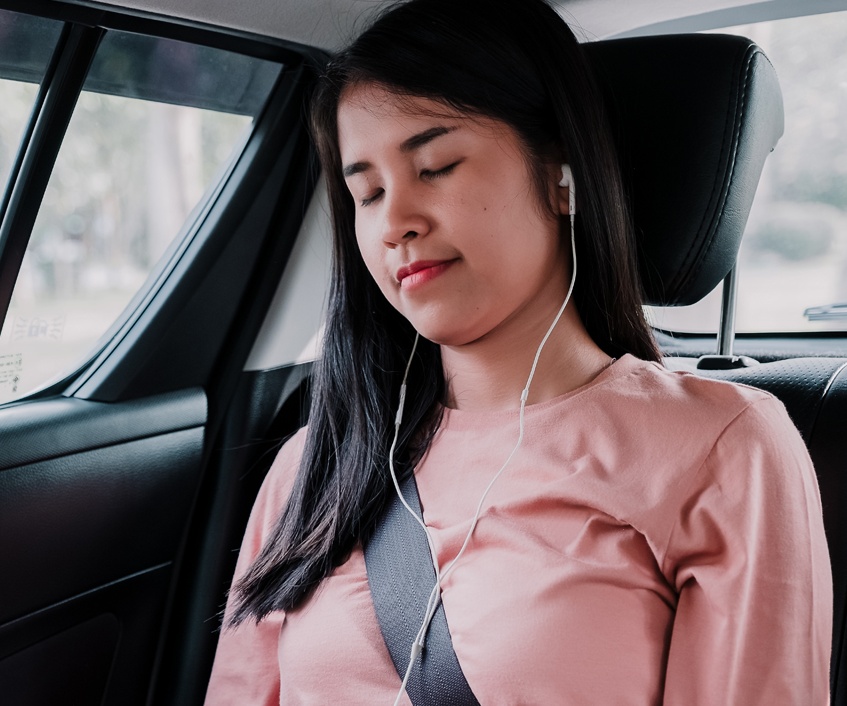
How to relieve travel sickness
You can reduce travel sickness symptoms by taking various preventative actions.
If you reduce the impact of motion on your body by sitting in the front of a vehicle or in the middle of a boat, this may help to reduce any feelings of nausea. This will be helped by fixing your gaze on one spot.
Fresh air also helps to reduce the symptoms of travel sickness.
You can also try:
- Breathing exercises
- Drink ginger-based drinks to settle your stomach
- Listening to music
- Take regular breaks, if possible
Travels sickness pills
Pills, such as Kwells travel sickness tablets , can help to relieve symptoms of travel sickness.
Our travel sickness tablets contain Hyoscine Hydrobromide 300mcg which temporarily reduces the effect of movement on the balance organs of the inner ear and the nerves responsible for nausea.
If you have been prescribed medication by your doctor, always follow any instructions they may have given you.
Travel sickness tablets are available at your local pharmacy or online.
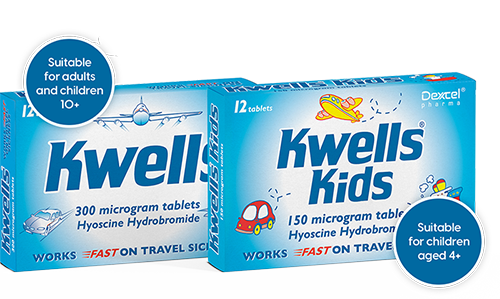
Related blog posts
- Where can you buy Kwells travel sickness tablets?
- Tips for preventing travel sickness
- Tips for helping kids with travel sickness
- How to prepare for your first cruise
- Tips for avoiding travel sickness on a staycation
- 10 tips to avoid travel sickness in a car
- Top tips for avoiding travel sickness at christmas
- Tips for managing travel sickness & autism
Kwells 300 microgram tablets. For the prevention of travel sickness, suitable for adults and children aged 10+. Contains Hyoscine Hydrobromide 300 microgram. Kwells Kids 150 microgram tablets. For the prevention of travel sickness, suitable for children aged 4+. Contains Hyoscine Hydrobromide 150 microgram. Always read the label
Privacy Overview
Who can and cannot take hyoscine hydrobromide - Brand names: Kwells, Joy-Rides, Kwells Kids, Travel Calm, Scopoderm
Who can take hyoscine hydrobromide.
Hyoscine hydrobromide travel sickness tablets can be taken by most adults and children from the age of 3 years.
Patches for travel sickness can be used by most adults and children from the age of 10 years.
Who may not be able to take hyoscine hydrobromide
Hyoscine hydrobromide is not suitable for some people. To make sure it's safe for you, tell a pharmacist or doctor before taking it if you:
- have ever had an allergic reaction to hyoscine hydrobromide or any other medicine
- have an eye problem called primary angle closure glaucoma
- have difficulty peeing or a bowel blockage
- have myasthenia gravis , a condition that causes muscle weakness
- have heart problems, including a very fast heart rate
- have thyroid, kidney or liver problems
- have epilepsy (seizures)
- have digestive problems, such as acid reflux or severe constipation
- have ulcerative colitis
- have a high temperature
- are pregnant or trying to get pregnant, as hyoscine hydrobromide is not recommended in pregnancy
Page last reviewed: 5 October 2022 Next review due: 5 October 2025
Taking Medication Abroad
What you need to know.

Dr Sarah Jarvis is the Clinical Director of the Patient Platform, an active medical writer, broadcaster, and the resident doctor for BBC Radio 2.
Travelling With Medication
If you have a pre-existing medical condition , such as asthma , diabetes , high blood pressure or heart problems , it is likely you will take prescription medication when you go abroad.
Having a medical condition and carrying prescription medication shouldn’t stop you from enjoying a holiday abroad. However, it does mean you might have to take some extra steps to ensure your medication is kept safe and that you are allowed to carry it with you.
Specialist Medical Cover
We only work with providers who specialise in covering pre-existing conditions
No discounts. No pressure. We’ll always show you the best prices from providers.
Before You Go
Order your medication well in advance and take enough to last the whole holiday and a week or two more, in case of delays, loss, or damage.
Always keep it in its original name-labelled packaging, along with the patient information leaflet that comes with it. Keep a copy of your repeat prescription or, if needed, a letter from your doctor, to hand at security.
Can You Take Medication in Your Hand Luggage?
The answer is yes – as long as you have the proper paperwork for your medication. If your underwear goes astray in your checked-in luggage, it’s a bore. If your medication goes astray, it could be a disaster. That’s why it’s always best to carry your medication with you in your hand luggage.
Ideally, split it with someone you’re travelling with (although do make sure you go through airport security together in case one of you is stopped). That way, even if one of you leaves your hand luggage at a coffee shop in the airport, you’ll still have some to take until you can make other arrangements.
In addition, some medications (particularly liquids) can be affected by temperature and could stop working effectively if they’re in a freezing aircraft hold.
Am I Allowed To Take Liquid Medication or Syringes On Board an Aeroplane?
The government states you are permitted to take medication of more than 100ml in your hand luggage. However, you should check with your airline first.
Tablets, capsules, essential liquid medicines, hypodermic syringes, inhalers, cooling gel packs, special food, and liquids needed for medical reasons can all be carried in hand luggage - this includes liquid dietary foodstuffs. Medical equipment such as TENS machines can also be taken on board if it’s essential for your journey. It may be possible to take an oxygen cylinder, but you need to arrange this with your airline.
If you’re in any doubt about whether you’ll be allowed to take your medication or medical equipment with you into the cabin, check the government guide on hand luggage restrictions for medical equipment .
Do You Need a Doctor’s Note to Take Medication Abroad?
You might be concerned that enhanced airport security measures concerning the quantities of liquids you carry aboard an aircraft will prevent you from taking your medication on flights.
For liquids of over 100ml, injectable medications, and controlled drugs, it’s essential to carry a letter from your doctor with your name, countries you’re visiting, and the details of all the medication you’re taking along with your medicines.
Regardless of what medication you’re taking (including tablets and inhalers), you should take a copy of your prescription and consider getting a note from your hospital team or GP detailing your medication. This can be helpful for border control checks if you need medical help while you’re away or if your medicines need to be replaced. Remember your doctor may charge for this letter.
Are You Taking a Controlled Drug?
Many strong painkillers, sleeping tablets, anxiety medicines, ADHD tablets, and some other medicines are classed as ‘controlled drugs’ – these are listed as Schedule 1, 2, 3, and 4. If you’re taking regular medicines, check with your pharmacist or on the controlled drugs list if any of them are controlled drugs.
There are also Schedule 5 drugs - these include very log strength preparations of certain Controlled Drugs (such as codeine, pholcodine, or morphine). These are exempt from almost all Controlled Drug requirements – however, you should still always check with the foreign embassy in the UK of the country you’re travelling to.
Schedule 1 drugs include drugs that are rarely (if ever) used medicinally – e.g. hallucinogenic drugs such as LSD, raw opium, and cannabis (not including cannabis-based medicines available on prescription). You are not allowed to travel with Schedule 1 controlled drugs – only people using them for registered research can do so.
However, you can travel to some but not all countries with schedule 2, 3, and 4 drugs you’ve been prescribed. However, you must have a letter from the person who prescribed your medicine, which includes:
- Your name and address
- A list of the countries you’re visiting
- Details of your medicines, including doses, strengths, and quantities
- The signature of the prescriber.
What Are the Rules of the Countries You’re Visiting?
Different countries have different regulations for which medications they allow into the country and the maximum amount you can carry.
This applies to controlled drugs, but also to some medicines which aren’t controlled and even some medicines available without prescription in the UK. For instance, India, Turkey, Pakistan, and the United Arab Emirates are very strict about medications that you are allowed to bring into the country – and there are serious legal penalties for breaking the rules.
If you’re transiting through another country, you’ll need to obey the rules of that country even if you don’t go outside the airport.
Rules for different countries can be checked with the foreign embassy in the UK .
Rated Excellent
Trusted by thousands of people like you who've reviewed us on Trustpilot.
No phone calls or paperwork. Join millions who've sorted cover online in minutes.
Top Tips for Taking Prescription Medication Abroad
- Be prepared – check with your pharmacist to find out if you’re taking controlled drugs and order your repeat prescription well in advance.
- Remember some drugs, including non-prescription medicines, are forbidden in certain countries (for instance, all codeine products are illegal in Hong Kong, Greece, and Indonesia and some decongestants are banned in Japan). Always check the website of the country’s foreign embassy in the UK .
- Always keep your medication in its proper packaging and keep a separate note of the name in case yours is lost or stolen and you need to purchase more while away.
- Keep a copy of your prescription , along with a letter from your doctor with your name, the countries you’re visiting, and the details of all the medication you’re taking, with your passport and ticket.
- Keep your medication in your hand luggage and if possible, keep a spare supply of medication with a travelling companion in their hand luggage in case you lose your hand luggage.
- Be prepared to be questioned at airport security about the medication you are carrying and to show your doctor’s letter.
- Take enough medication with you to last for your whole trip and more – medication bought abroad can be counterfeit. However, it’s worth checking the generic (non-brand) name of your medicines with your pharmacist before you go, so you can obtain supplies in an emergency.
- Check the expiry dates of your medicines to make sure they’ll still be in date by the end of your trip.
- Some medicines need to be kept below 25°c or stored in a fridge. Check with your pharmacist, especially if you’re travelling to a hot country.
- If you have diabetes and use insulin, take a cool bag to store your insulin if you are visiting a hot country. If you don’t have a cool bag, you could also store your medicine in a thermos flask, insulated pouch, or wrapped in an ice pack. Check in advance with your pharmacist about how to store insulin.
- Buy travel insurance that covers the loss of prescription medication, so you can make a claim to recoup the cost if you must buy replacement medication.
Your medication is an important part of your daily life at home, and it's equally important when on holiday, so it’s important to do some research and be prepared so your holiday goes smoothly.
A pre-existing condition is a diagnosed medical condition that existed before taking out a policy. We'll ask a series of questions about the medical history for you and any travellers on your quote. If you answer yes to any of these, you will need to tell us about the traveller's conditions. This could be a condition that a traveller has now or has had in the past. If you are not sure what conditions you need to declare, we have online support available to help you 24/7!
- Share this page on Facebook
- Share this page on Twitter
Sign up to receive regular updates
Get the latest news, advice, travel tips and destination inspiration straight to your inbox.
Cookies on GOV.UK
We use some essential cookies to make this website work.
We’d like to set additional cookies to understand how you use GOV.UK, remember your settings and improve government services.
We also use cookies set by other sites to help us deliver content from their services.
You have accepted additional cookies. You can change your cookie settings at any time.
You have rejected additional cookies. You can change your cookie settings at any time.
- Passports, travel and living abroad
- Travel abroad
- Foreign travel advice
Before you travel check that:
- your destination can provide the healthcare you may need
- you have appropriate travel insurance for local treatment or unexpected medical evacuation
This is particularly important if you have a health condition or are pregnant.
Emergency medical number
Dial 118 and ask for an ambulance.
Contact your insurance or medical assistance company promptly if you’re referred to a medical facility for treatment.
For more information, read our guidance on healthcare when travelling in Europe .
Vaccinations and health risks
At least 8 weeks before your trip check:
- the latest information on vaccination recommendations and health risks in TravelHealthPro’s Italy guide
- where to get vaccines and whether you have to pay on the NHS travel vaccinations page
Altitude sickness is a risk in parts of Italy, including the Alps and the Dolomites. More information about altitude sickness is available from TravelHealthPro .
There have been cases of the mosquito-borne disease, dengue fever, in Italy. You should take appropriate precautions to avoid being bitten by mosquitoes .
The legal status and regulation of some medicines prescribed or bought in the UK can be different in other countries.
TravelHealthPro explains best practice when travelling with medicines .
The NHS has information on whether you can take your medicine abroad .
Health insurance cards
Apply for a free UK Global Health Insurance Card ( GHIC ) before leaving the UK. If you already have a European Health Insurance Card ( EHIC ) it will still be valid as long as it remains in date.
The GHIC or EHIC entitles you to state- provided medical treatment necessary during your trip. Any treatment provided is on the same terms as Italian nationals. If you don’t have your EHIC with you or you’ve lost it, contact the NHS Overseas Healthcare Team .
It’s important to take out appropriate travel insurance for your needs. A GHIC or EHIC is not an alternative to travel insurance and you should have both before you travel. A GHIC or EHIC does not cover all health-related costs, for example, medical repatriation, ongoing medical treatment and non-urgent treatment. Read more about what your travel insurance should cover .
You can find details of English-speaking doctors in Italy on our list of healthcare providers .
GHIC and or EHIC cover state healthcare only, not private treatment. You will be responsible for the cost of any treatment provided by a private doctor or private clinic.
Pharmacies and doctors
Unlike in the UK, you will need to go to a pharmacy to get most over-the-counter medicines. Pharmacies are widely available and are usually identified by a green cross. UK prescriptions are not accepted, though you may be able to buy an equivalent medication from the pharmacy. Alternatively, you can visit an Italian GP to obtain a local prescription. Prescription medicines are not free in Italy, but with an EHIC or GHIC , and an Italian prescription, you will pay a reduced rate.
Travel and mental health
Read FCDO guidance on travel and mental health . There is also guidance on TravelHealthPro .
Related content
Is this page useful.
- Yes this page is useful
- No this page is not useful
Help us improve GOV.UK
Don’t include personal or financial information like your National Insurance number or credit card details.
To help us improve GOV.UK, we’d like to know more about your visit today. Please fill in this survey (opens in a new tab) .
You are using an outdated browser. Upgrade your browser today or install Google Chrome Frame to better experience this site.
Traveling Abroad with Medicine
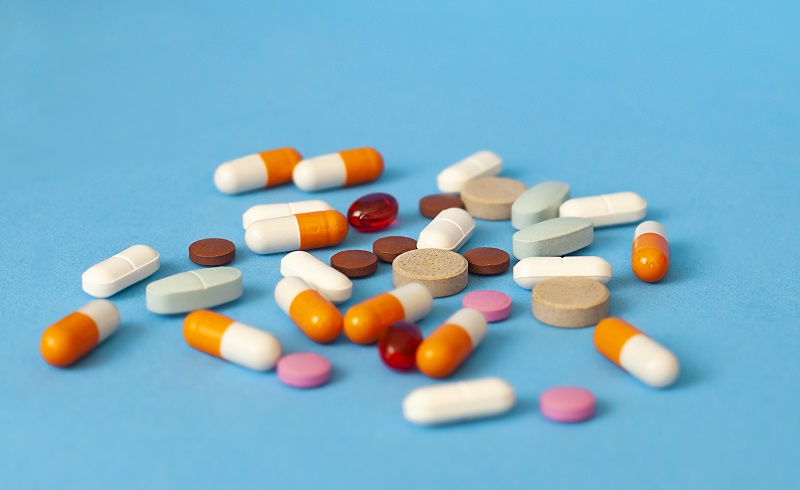
Many international travelers carry medicines with them to treat acute or chronic health problems. However, each country has its own laws related to medicines. Medicines that are commonly prescribed or available over the counter in the United States might be unlicensed or considered controlled substances in other countries. While rules vary by country, there can be serious consequences if you violate the laws at your destination. The consequences may include:
- Authorities taking away your medicine
- Penalties, including jail or prison time
Before Travel
Check with your destination’s embassy and embassies of countries that you have layovers in to make sure your medicines are permitted.
- Many countries allow a 30-day supply of certain medicines, but also require the traveler to carry a prescription or a medical certificate from their health care provider.
- If your medicine is not allowed at your destination, talk with your health care provider about alternatives and have them write a letter describing your condition and the treatment plan.
- You may also want to check the International Narcotics Control Board website that provides general information about narcotics and controlled substances, for countries that have information available, for travelers.
Check CDC’s destination pages for travel health information . Check CDC’s webpage for your destination to see what vaccines or medicines you may need and what diseases or health risks are a concern at your destination.
Make an appointment with your healthcare provider or a travel health specialist that takes place at least one month before you leave. They can help you get destination-specific vaccines, medicines, and information. Discussing your health concerns, itinerary, and planned activities with your provider allows them to give more specific advice and recommendations.
- If you plan to be gone for more than 30 days, talk to your health care provider about how you can get enough medicine for your trip. Some insurance companies will only pay for a 30-day supply at a time.
- If you are a traveling to a different time zone, ask your health care provider about any changes to taking your medicine. Medicines should be taken according to the time since your last dose, not the local time of day.
- Find out how to safely store your medicine while traveling and check whether it needs refrigeration. Keep in mind that extreme temperatures can reduce the effectiveness of many medicines.
Prepare a travel health kit with items you may need, especially those items that may be difficult to find at your destination. Include your prescription and over-the-counter medicines in your travel health kit and take enough to last your entire trip, plus extra in case of travel delays. Pack medications in a carry on in case your luggage is lost or delayed.
- Keep medicines in their original, labeled containers. Ensure that they are clearly labeled with your full name, health care provider’s name, generic and brand name, and exact dosage.
- Bring copies of all written prescriptions, including the generic names for medicines. Leave a copy of your prescriptions at home with a friend or relative in case you lose your copy or need an emergency refill.
- Ask your prescribing health care provider for a note if you use controlled substances, or injectable medicines, such as EpiPens and insulin.
Buying Medicine Abroad
Counterfeit drugs are common in some countries, so only use medicine you bring from home and make sure to pack enough for the duration of your trip, plus extra in case of travel delays. If you must buy drugs during your trip in an emergency, see CDC’s Counterfeit Drugs page.
More Information
- CDC Yellow Book: Avoiding Poorly Regulated Medicines
- Travel Smartly with Prescription Medications (US Department of State)
- Traveling with Prescription Medications (US Food and Drug Administration)
File Formats Help:
- Adobe PDF file
- Microsoft PowerPoint file
- Microsoft Word file
- Microsoft Excel file
- Audio/Video file
- Apple Quicktime file
- RealPlayer file
- Zip Archive file
Exit Notification / Disclaimer Policy
- The Centers for Disease Control and Prevention (CDC) cannot attest to the accuracy of a non-federal website.
- Linking to a non-federal website does not constitute an endorsement by CDC or any of its employees of the sponsors or the information and products presented on the website.
- You will be subject to the destination website's privacy policy when you follow the link.
- CDC is not responsible for Section 508 compliance (accessibility) on other federal or private website.
- shopname one
- AnotherStore
- Vaccination At Inish Pharmacy
- Online Doctor
- Call Us: +353 74 9320692

- 0 items - €0.00

- Medicines & Health
- Stomach & Gastrointestinal
Travel Sickness
Your filters.
- Product Type: Travel Sickness
Product Type
- Travel Sickness (13)
- Nausea, Acid Indigestion & Reflux (43)
- Bloating & Gas (8)
- Constipation (18)
- Diarrhoea (30)
- Cramping & Irritable Bowel (12)
- Haemorrhoids & Piles (14)
- Imodium (3)
- Phenergan (1)
- Safe & Sound (1)
- Sea Band (2)
- Stugeron (1)
- TonstiX (1)
Price Range
- < €6 (4)
- €6 - €11 (8)
- €11 - €16 (1)
- Viewing all

AYA Aya Electrolytes Plus Blackcurrant Flavour 20 Tablets
€0000.00 €0000.00 / pack --> inc. vat --> ex. vat --> <--, list hide price message.
- Be the first to write a review

AYA Aya Electrolytes Plus Lemon & Lime Flavour 20 Tablets

Imodium Imodium Instants Loperamide 2mg 12 Pack

Imodium Imodium Plus Loperamide Tablets 12 Pack

TonstiX TonstiX Naturally Soothing Honey & Orange Travel Pops 6 Pack

Sea Band Sea Band for Children Travel Sickness Relief Bands Pink

Safe & Sound Safe & Sound Kids Travel Sickness Bands 2 Years+ 2 Pack

Kwells Kwells Hyoscine Travel Sickness Tablets 12 Pack

Phenergan Phenergan Promethazine Oral Solution 5mg/5ml 100ml

Sea Band Sea Band for Children Travel Sickness Relief Bands Blue

Stugeron Stugeron 15 mg Cinnarizine Travel Sickness Tablets 15 Pack

Sure Sure Travel Anti Nausea Wrist Bands

Imodium Imodium Liquirelief Loperamide 2mg Capsules 12 Pack
Search our brands.
POP-IN HTML goes here
Your Basket
Your basket is currently empty.

IMAGES
VIDEO
COMMENTS
Painkillers containing ibuprofen (like Advil) are Moment, Nurofen, and Brufen. Those with acetaminophen (like Tylenol, also known as paracetamol) are Tachipirina (pronounced tah|kee|pee|REE|nah) and Efferalgan. The ones containing naproxen (like Aleve) are Naprosyn, Momendol, and Naproxene. Aspirin is "aspirina" in Italian.
Nothing can ruin your travels quite like motion sickness on a plane, train, bus, or cruise ship. Instead of confining yourself to a trip of nausea and dizziness, bring medicine to travel like a champ.
Drowsiness, constipation, blurred vision, or dry mouth /nose/throat may occur. If any of these effects last or get worse, tell your doctor or pharmacist promptly. To relieve dry mouth, suck ...
travel sickness. Combat those niggling tummy cartwheels on long journeys with our range of travel sickness tablets. Anti-sickness tablets help to nip those uneasy feelings in the bud so you can relax and enjoy the ride. We have travel sickness bands and Sea-Bands for all ages, as well as dissolvable tablets for little ones.
Mild sedative or sleep aid. Supplies to prevent illness or injury. Hand sanitizer (containing at least 60% alcohol) or antibacterial hand wipes. Water purification tablets. Insect repellent (with an active ingredient like DEET or picaridin) Sunscreen (with UVA and UVB protection, SPF 15 or higher) Sunglasses and hat. Condoms.
Short trips or big adventures, you can help end the misery and unhappiness of travel sickness. Kwells 300 microgram tablets and Kwells Kids 150 microgram tablets are used for the fast and effective prevention and control of travel sickness. Contains Hyoscine Hydrobromide. Helps prevent travel sickness. 12 tablets.
Find patient medical information for Travel Sickness (meclizine) oral on WebMD including its uses, side effects and safety, interactions, pictures, warnings and user ratings.
Ondansetron. Ondansetron is a powerful antisickness medicine which is most commonly used for sickness caused by chemotherapy, and occasionally used for morning sickness in pregnancy. It is not usually effective for motion sickness. This, and its relatively high cost means that it is not prescribed for motion sickness alone.
Available as. Tablets, chewable tablets and patches. Hyoscine is an effective medicine for travel sickness. It works by preventing the confusing messages going to your brain. There are a number of different brands of tablet available which contain hyoscine as a salt, called hyoscine hydrobromide.
Travel-Ease side effects. Get emergency medical help if you have signs of an allergic reaction: hives, difficult breathing, swelling of your face, lips, tongue, or throat. Common side effects of Travel-Ease may include: feeling tired. This is not a complete list of side effects and others may occur. Call your doctor for medical advice about ...
For oral dosage form (tablets): For nausea, vomiting, and dizziness caused by motion sickness: Adults—At first, 25 to 50 milligrams (mg) taken 1 hour before travel. You may take another dose once every 24 hours while traveling. Children 12 years of age and older—Use and dose must be determined by your doctor.
Meda Pharma - Travelgum - Travel sickness tablets 20 mg - 10 tablets. Price - 29.18%. € 10,90. € 7,72. IN STOCK. Qty: 619. ADD TO BASKET. Shop more Meda Pharma . Safe shopping ... Only in Italy free delivery over 79,90. Ask a Question about this item. 100% Authentic Products Guaranteed. PRODUCT DESCRIPTION ; QUESTIONS & ANSWERS ;
Hyoscine hydrobromide (Kwells and Joy-Rides) Other brand names: Kwells Kids, Travel Calm, Scopoderm. Hyoscine hydrobromide (Kwells and Joy-Rides) Find out how hyoscine hydrobromide treats travel sickness and how to take it. NHS medicines information on hyoscine hydrobromide - what it's used for, side effects, dosage and who can take it.
Find out how cinnarizine treats travel sickness, vertigo, tinnitus and Ménière's disease, and how to take it. About cinnarizine. Who can and cannot take it. How and when to take it. Side effects. Pregnancy, breastfeeding and fertility. Taking it with other medicines and herbal supplements.
Please ensure your contact details are correct before ordering this medicine. Boots Travel Calm Tablets Hyoscine Hydrobromide - 12 Tablets. Travel sickness. Fast prevention & relief. For adults and children. Uses: Prevents and relieves the unpleasant effects of travel sickness in adults and children.
Breaking up long journeys for fresh air or a walk. Avoiding alcohol or heavy meals before travelling. Keeping motion to a minimum by siting at the front of a car. Avoiding theme park rides if they make you feel unwell. Everyone is different and travel sickness can affect people in different ways.
Travels sickness pills. Pills, such as Kwells travel sickness tablets, can help to relieve symptoms of travel sickness.. Our travel sickness tablets contain Hyoscine Hydrobromide 300mcg which temporarily reduces the effect of movement on the balance organs of the inner ear and the nerves responsible for nausea.
Hyoscine hydrobromide travel sickness tablets can be taken by most adults and children from the age of 3 years. Patches for travel sickness can be used by most adults and children from the age of 10 years. Who may not be able to take hyoscine hydrobromide. Hyoscine hydrobromide is not suitable for some people.
Tablets, capsules, essential liquid medicines, hypodermic syringes, inhalers, cooling gel packs, special food, and liquids needed for medical reasons can all be carried in hand luggage - this includes liquid dietary foodstuffs. Medical equipment such as TENS machines can also be taken on board if it's essential for your journey.
Vaccinations and health risks. At least 8 weeks before your trip check: Altitude sickness is a risk in parts of Italy, including the Alps and the Dolomites. More information about altitude ...
Include your prescription and over-the-counter medicines in your travel health kit and take enough to last your entire trip, plus extra in case of travel delays. Pack medications in a carry on in case your luggage is lost or delayed. Keep medicines in their original, labeled containers. Ensure that they are clearly labeled with your full name ...
Travel Sickness products available from Inish Pharmacy, for all your healthcare needs ... Kwells Kwells Hyoscine Travel Sickness Tablets 12 Pack €4.99 Phenergan Phenergan Promethazine Oral Solution 5mg/5ml 100ml €12.99 ...
Common human travel sickness tablets that can be used for dogs include: Dramamine or Gravol, active ingredient: dimenhydrinate. Dosing for dogs: 4 to 8 mg per kilogram of your dog's weight, up to 3 times daily. Benadryl, active ingredient: diphenhydramine hydrochloride. Dosing for dogs: 2 to 4 mg per kilogram of weight, 2 to 3 times daily.